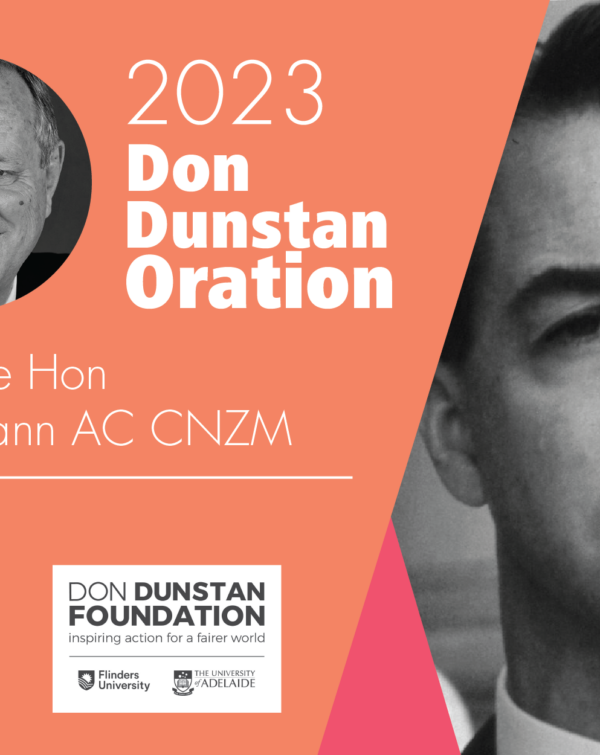
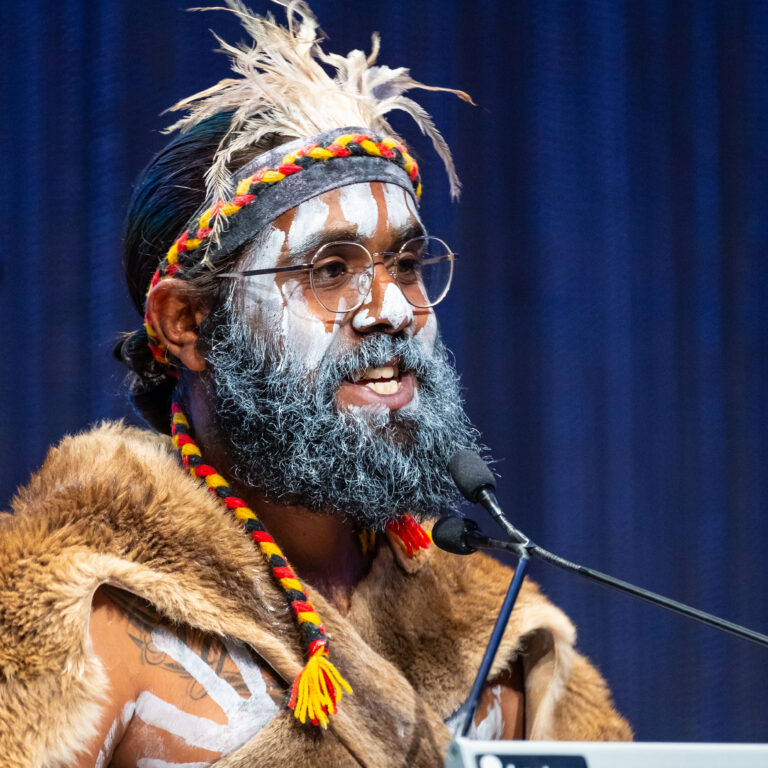
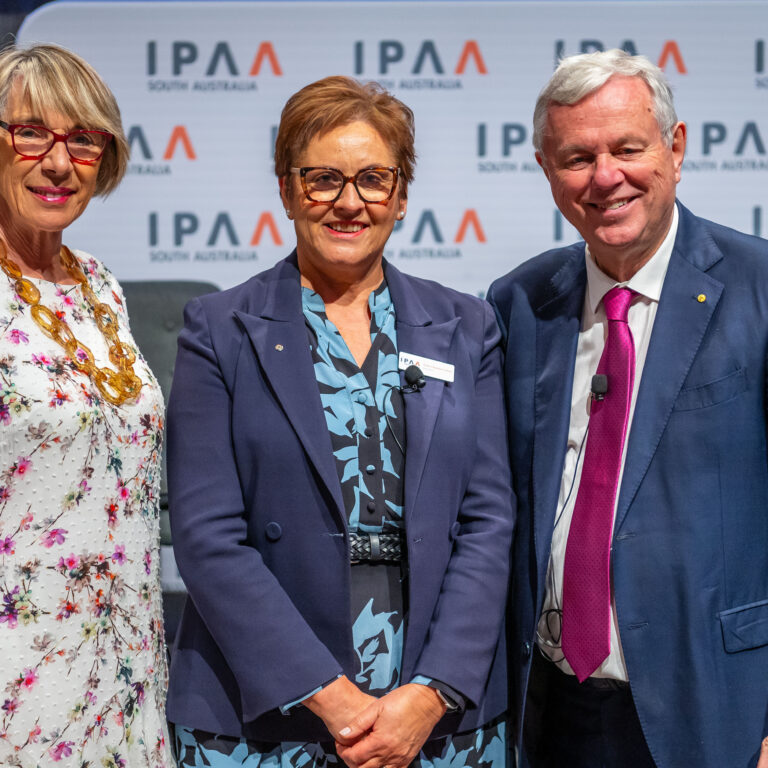
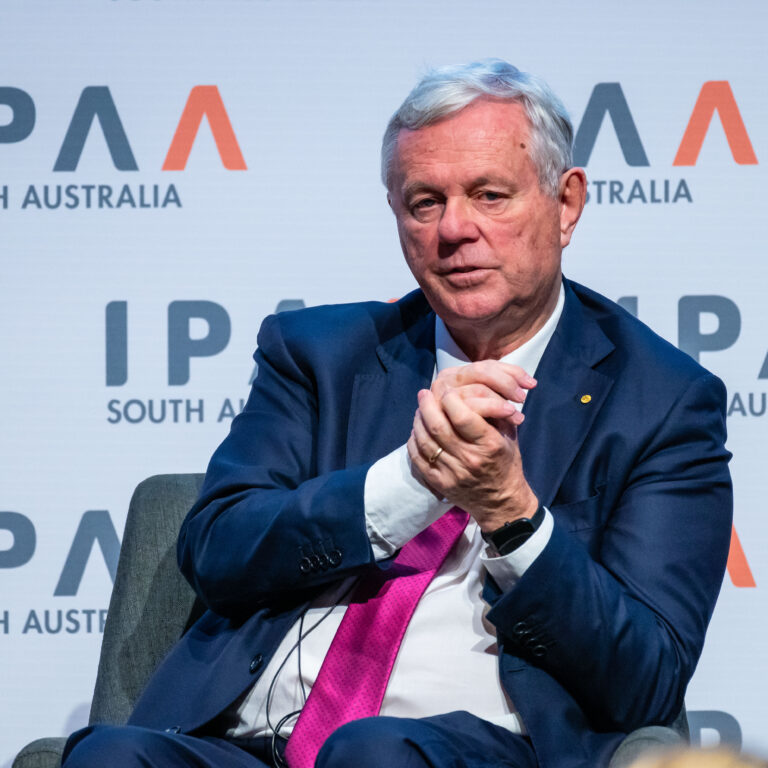
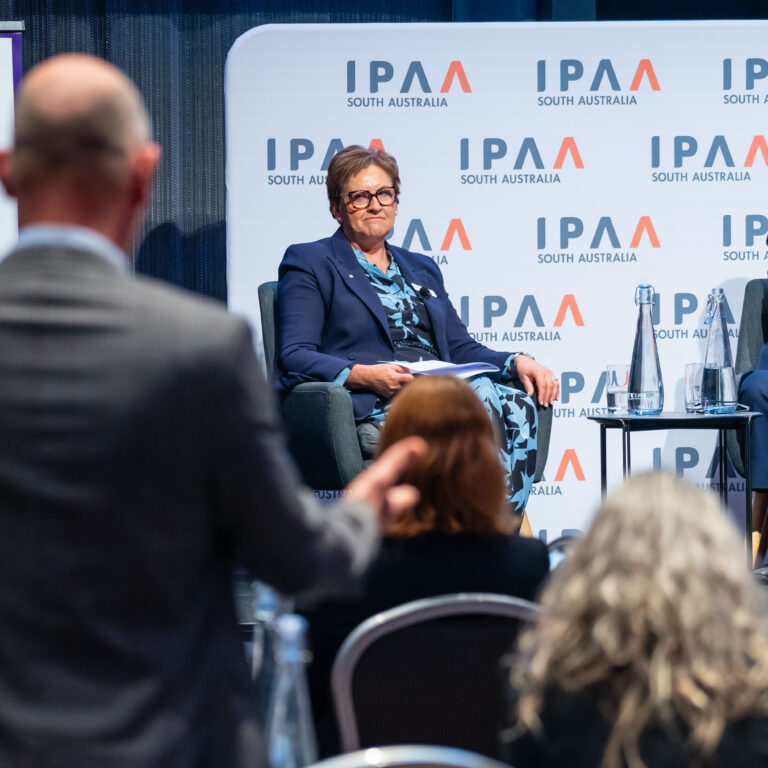
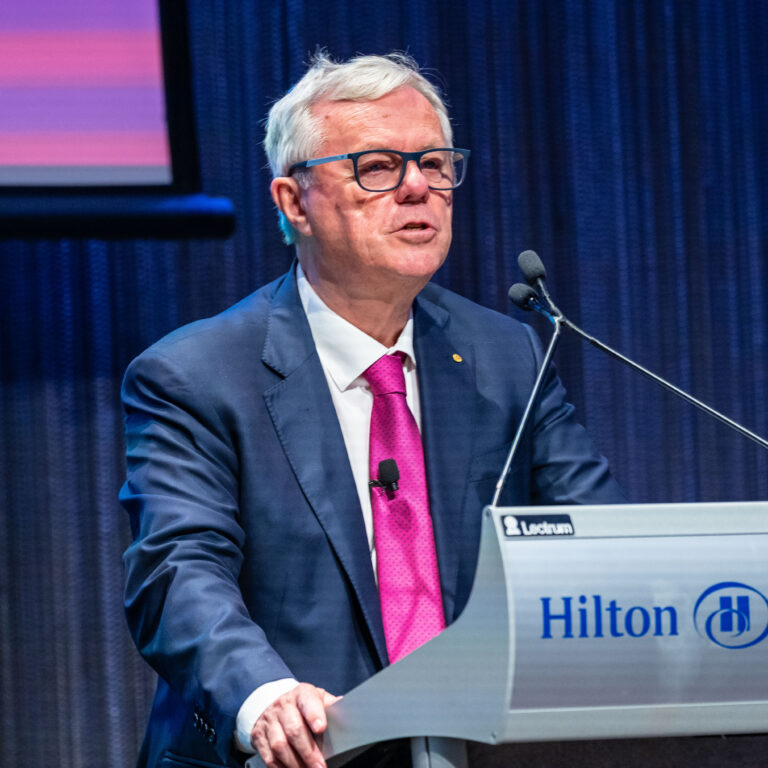
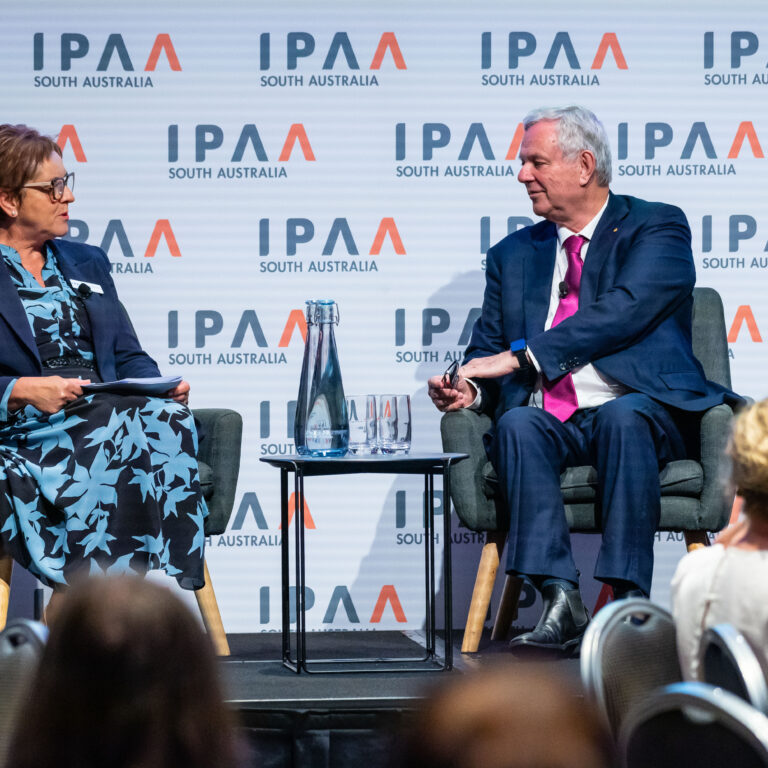
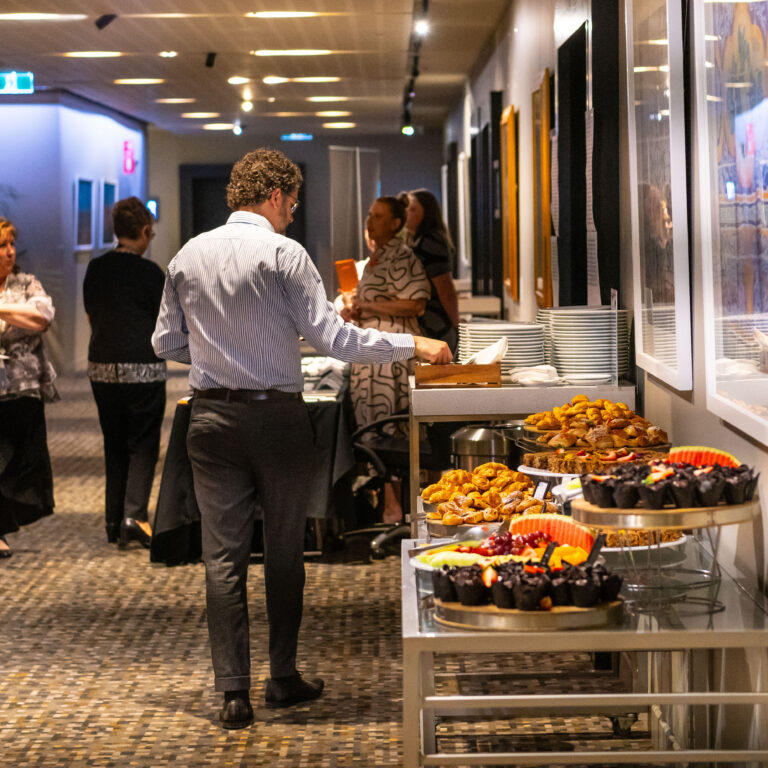
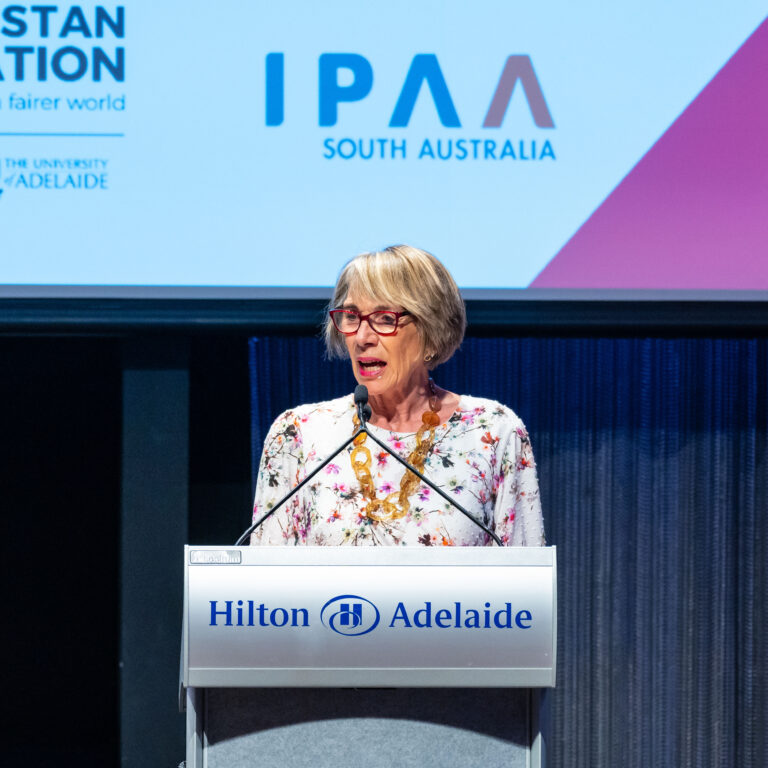
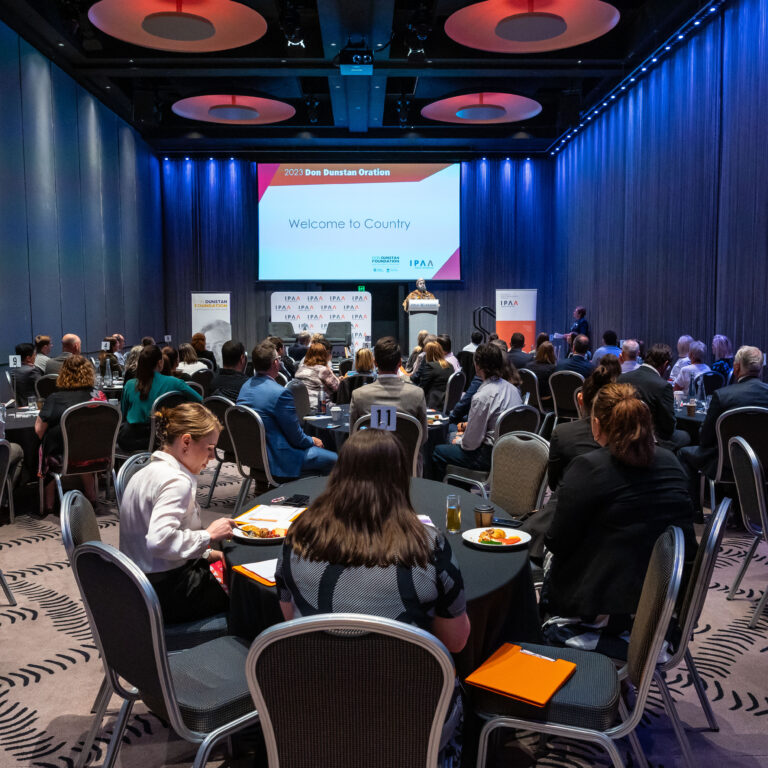
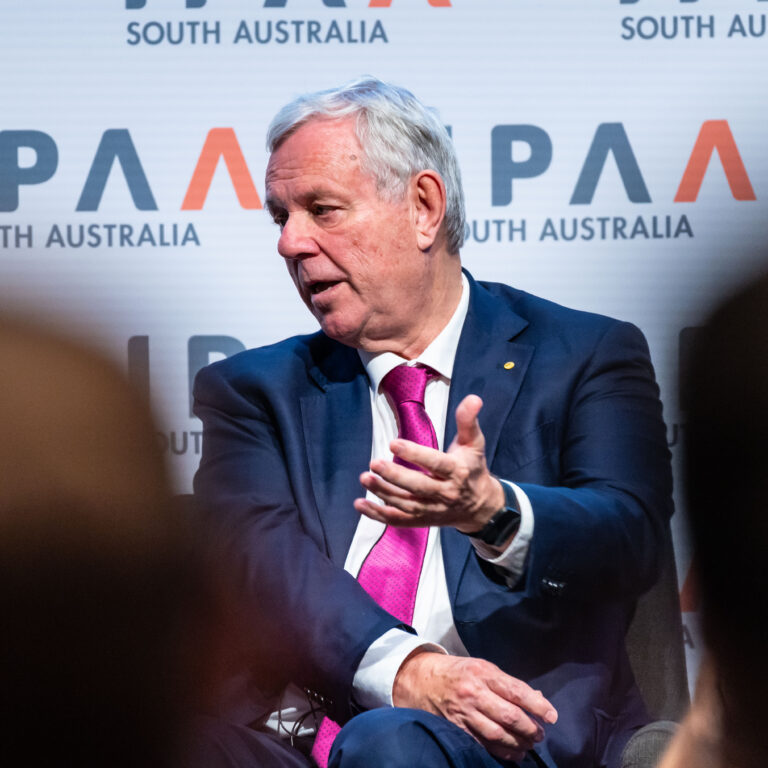
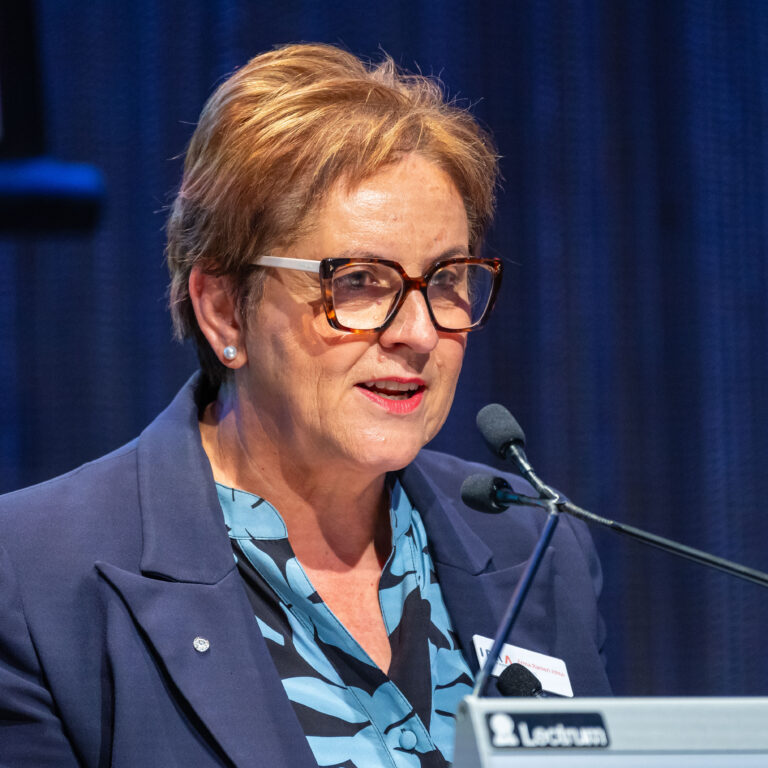

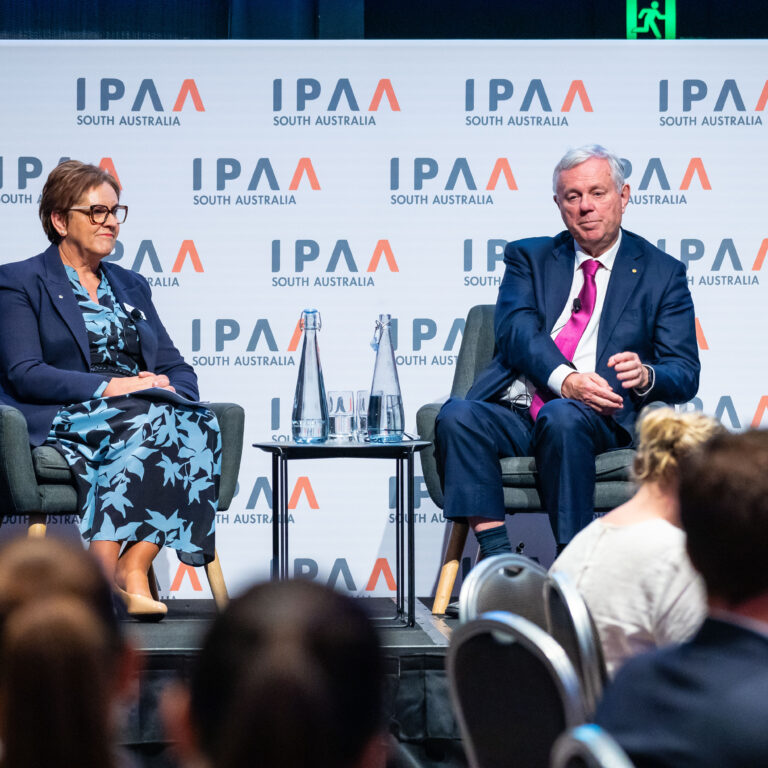
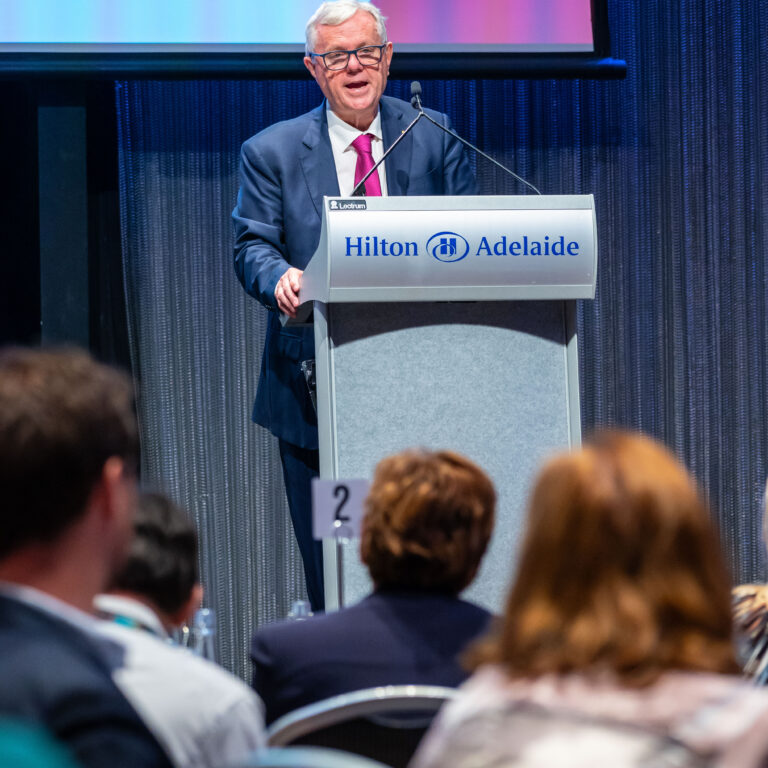
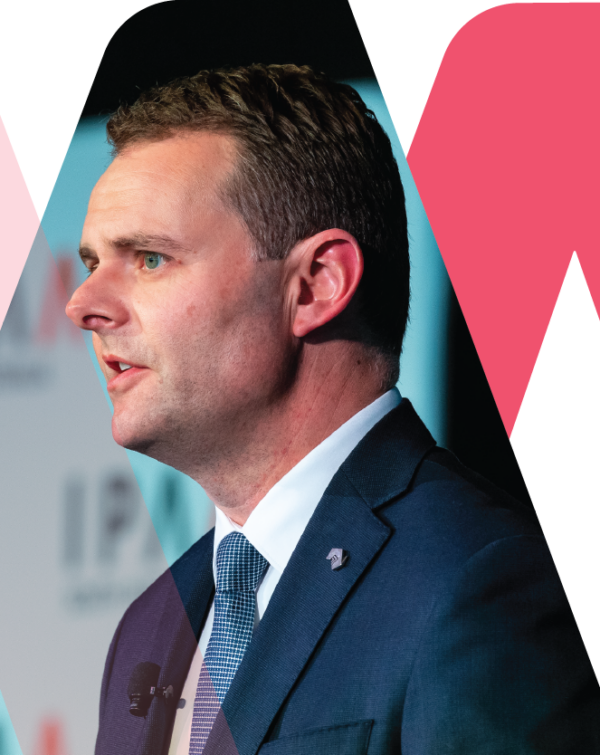
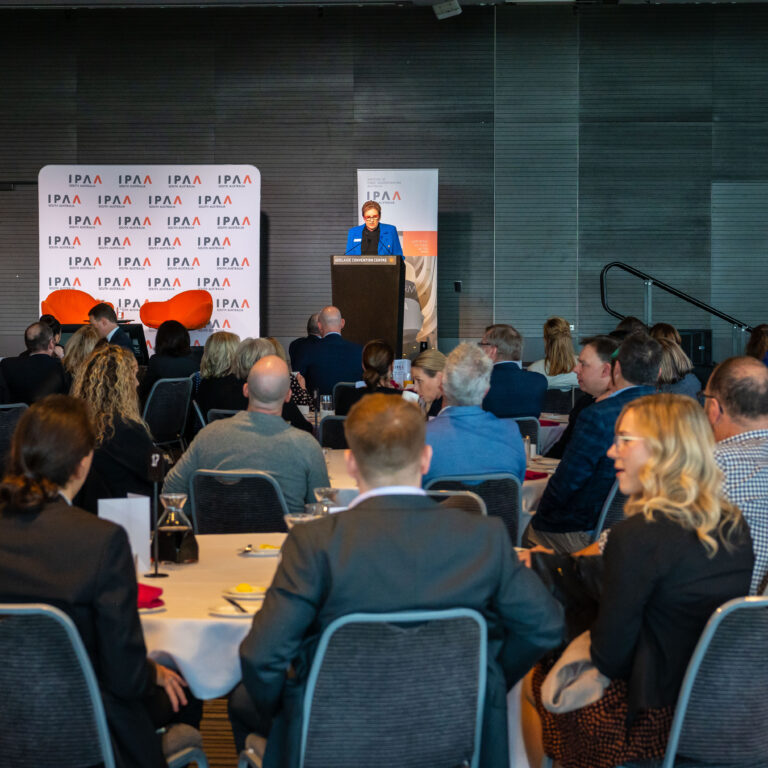
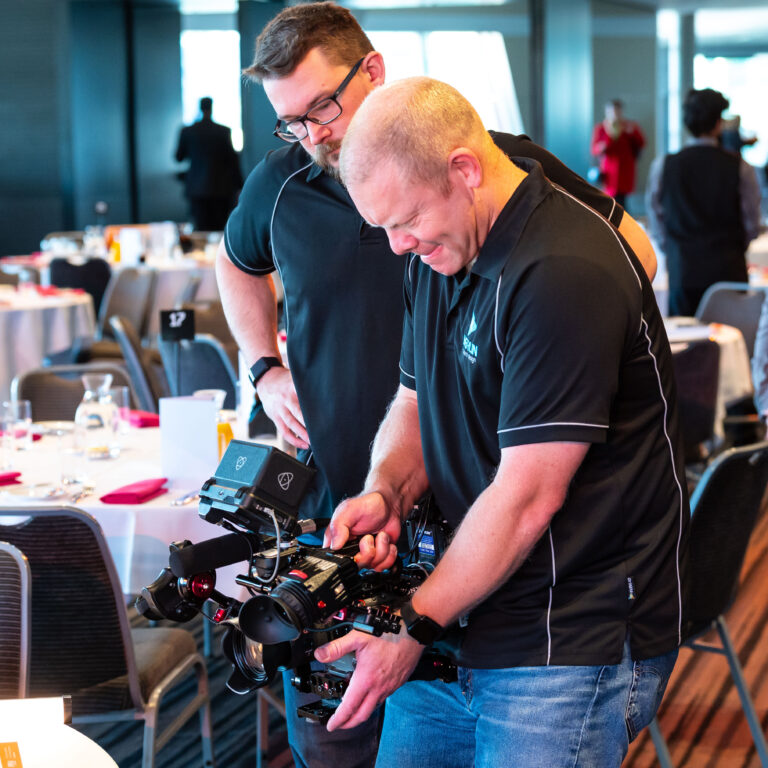
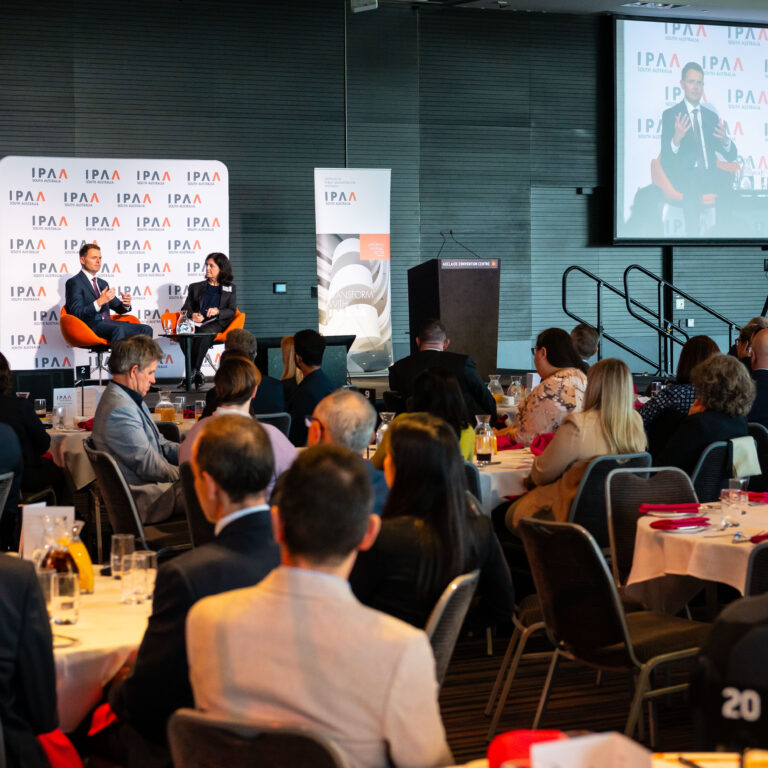
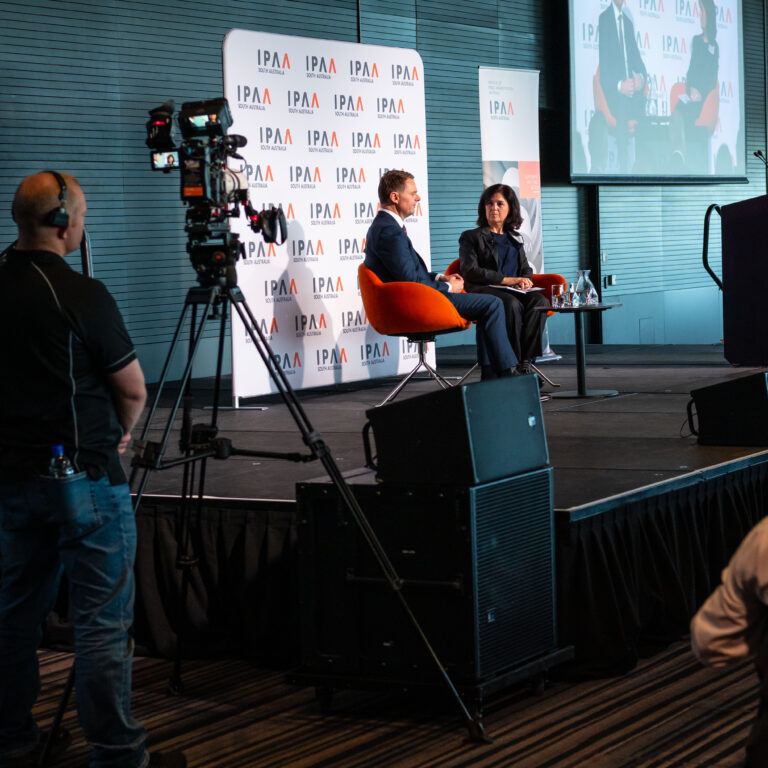
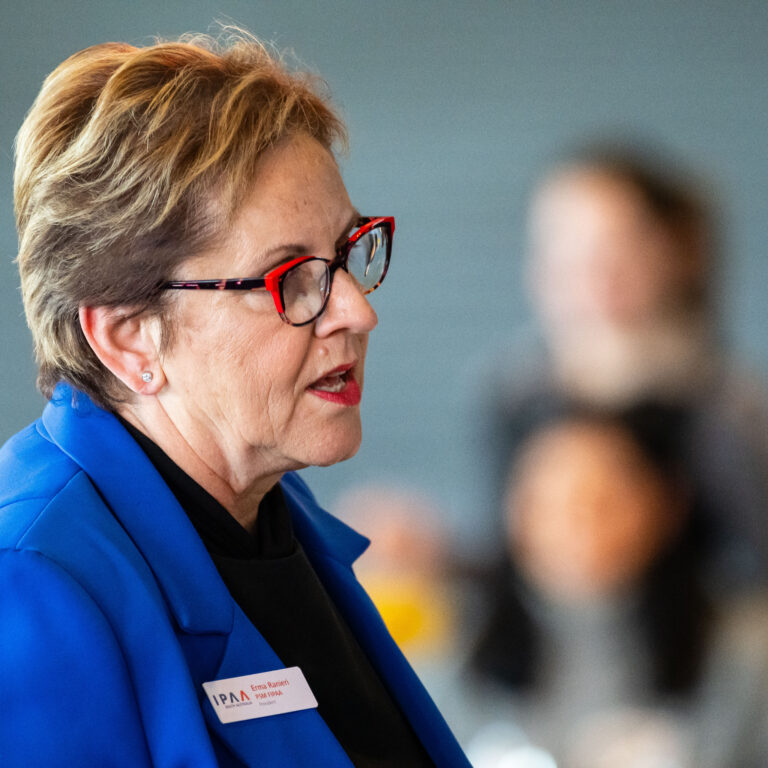
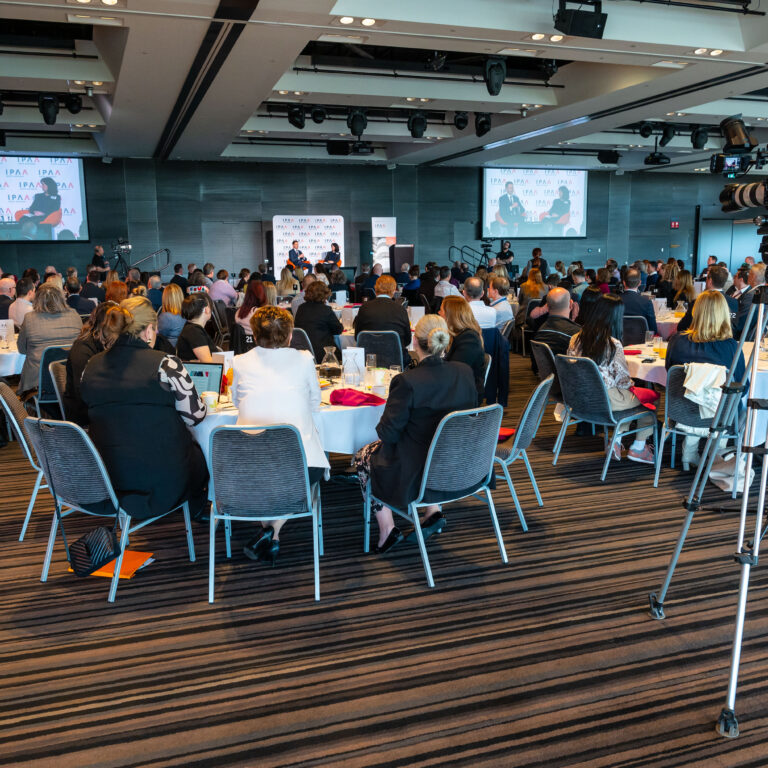
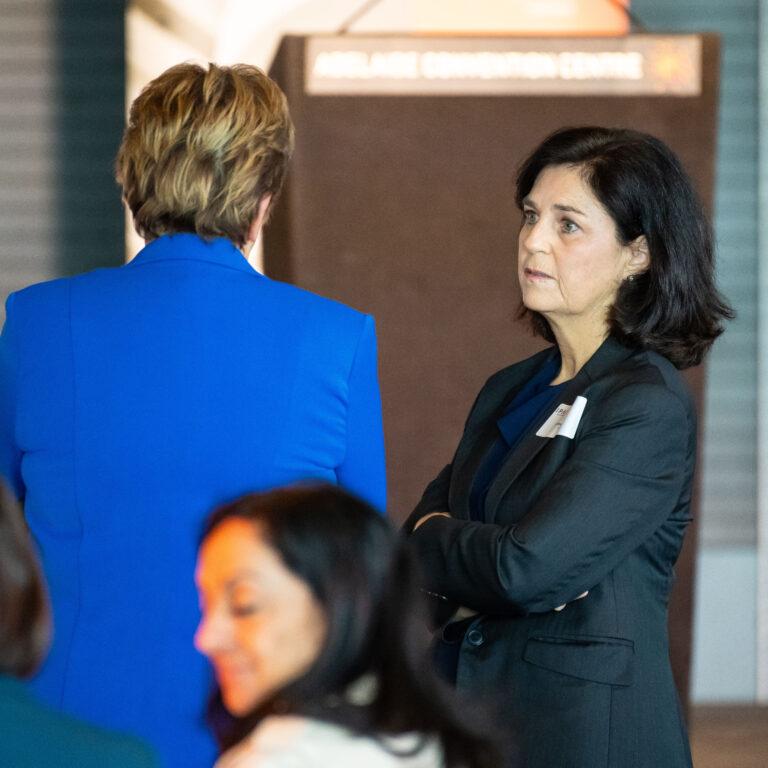
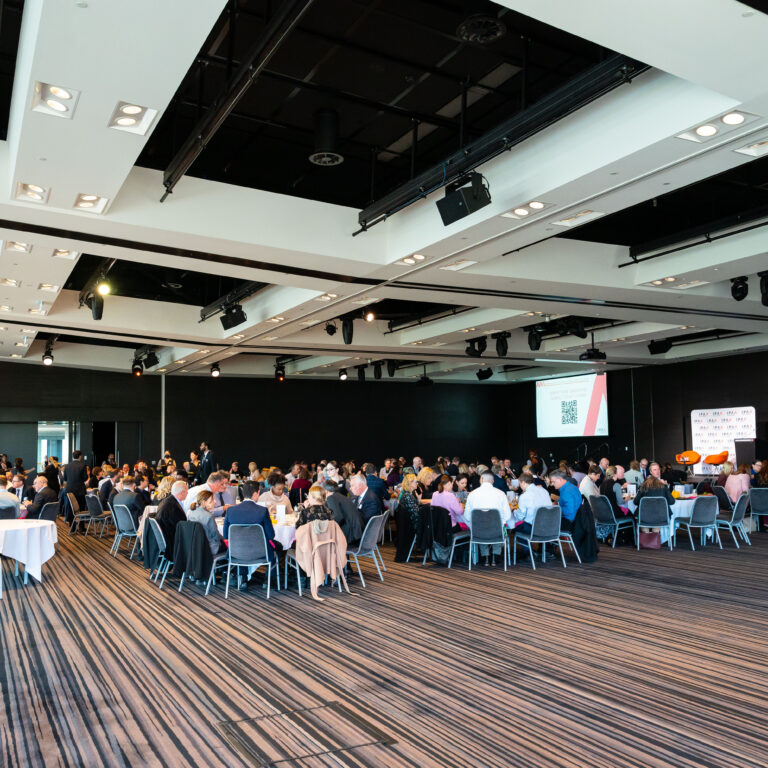

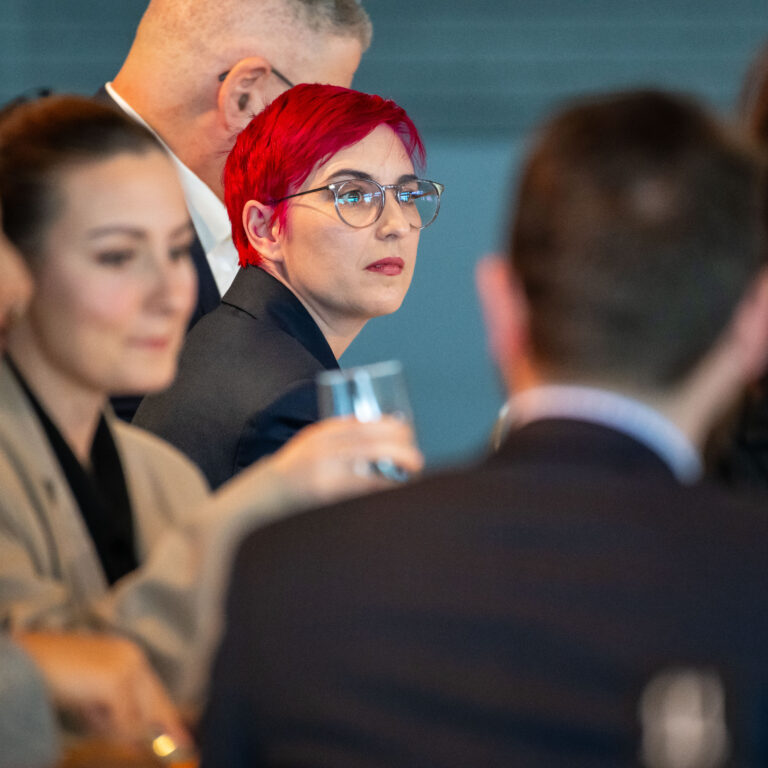
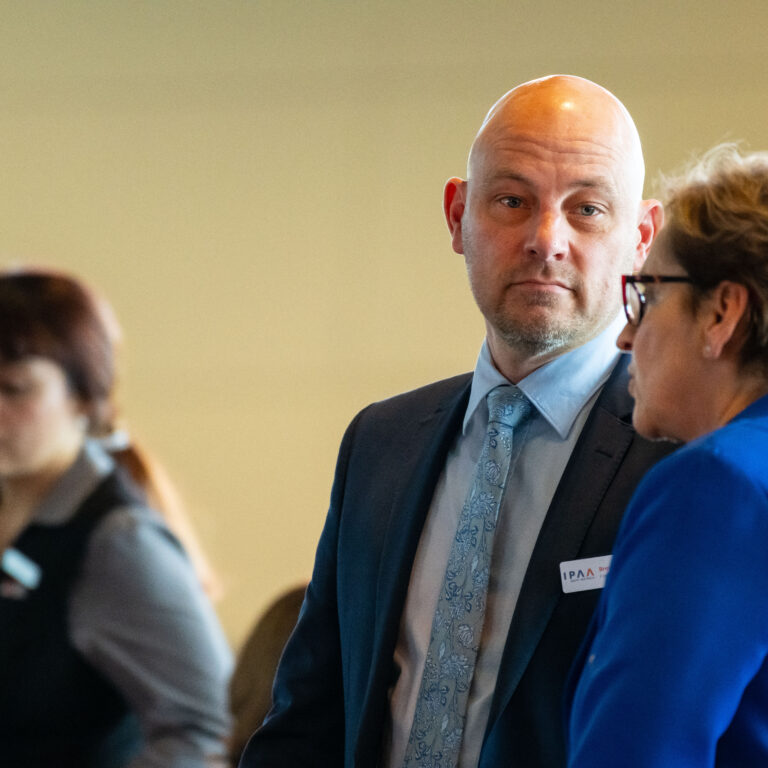
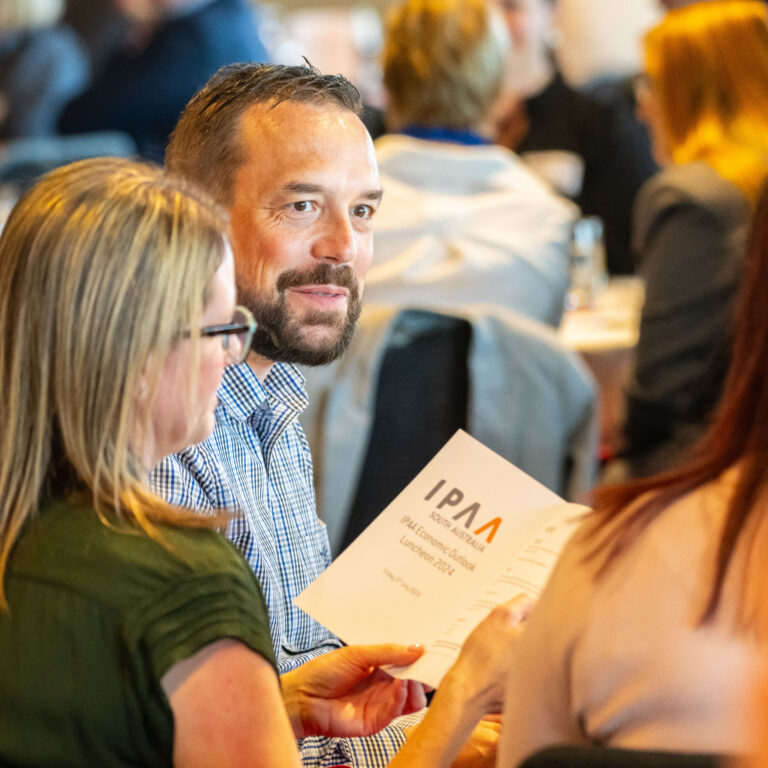
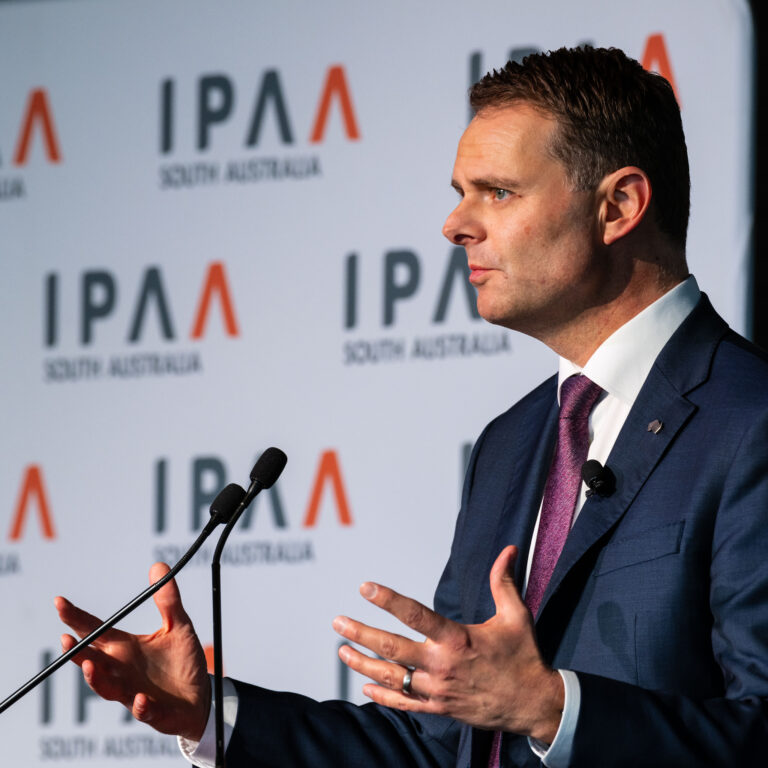
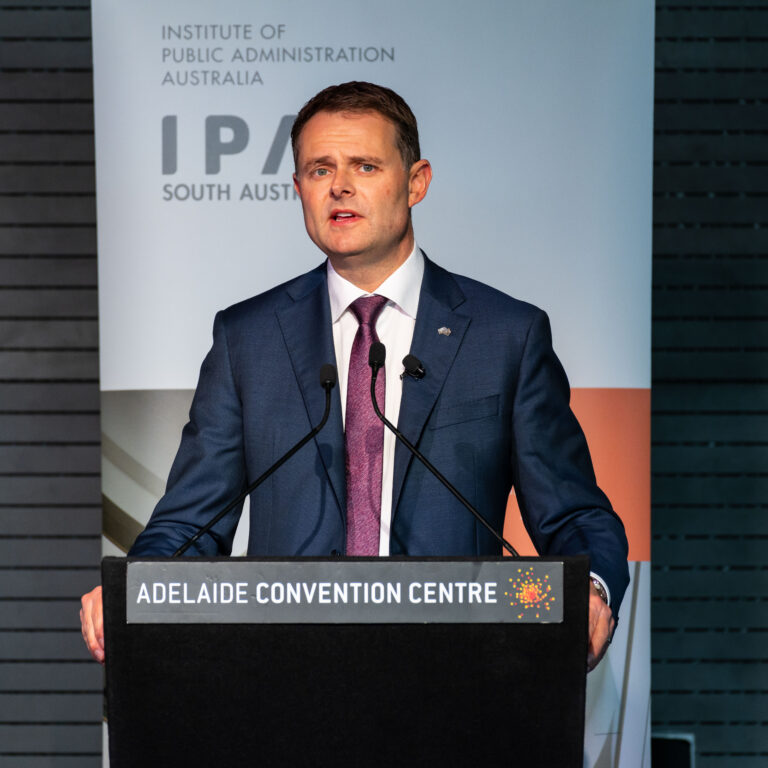
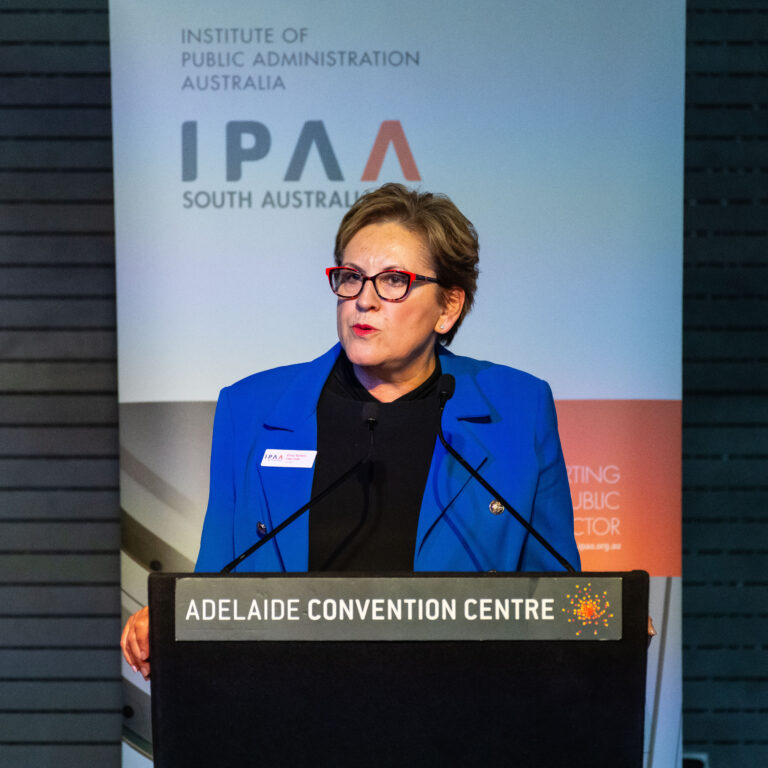
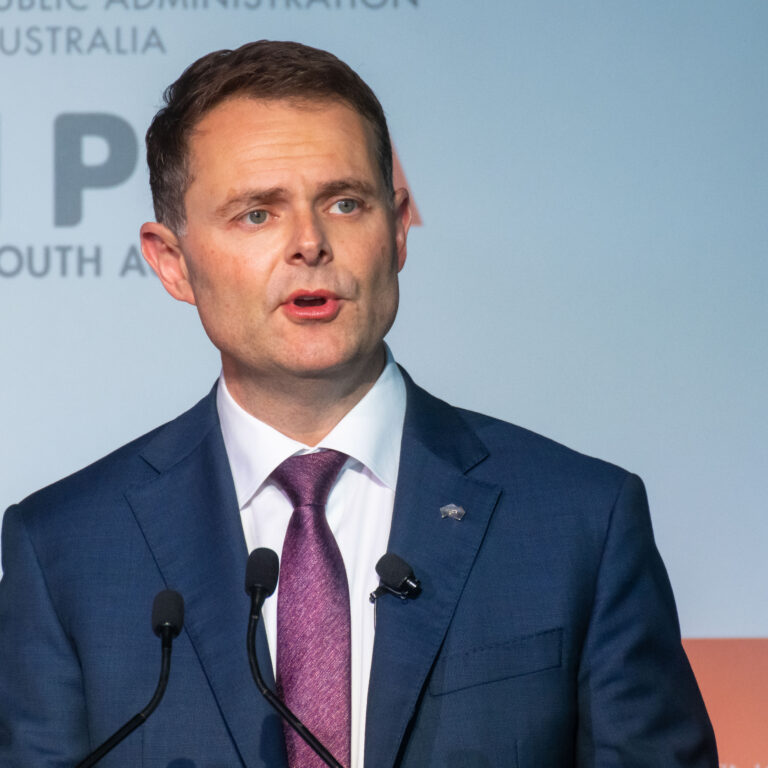
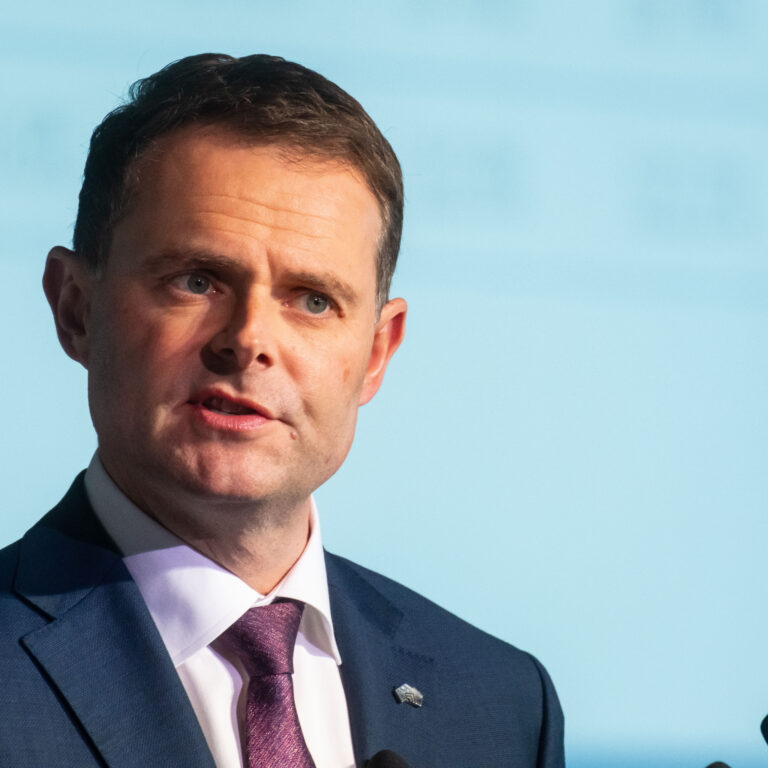
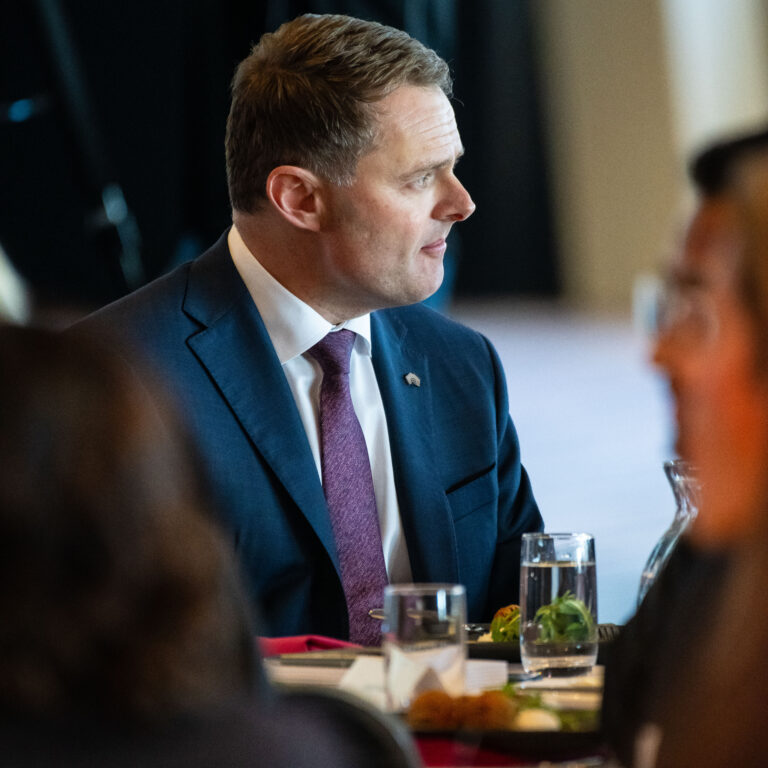
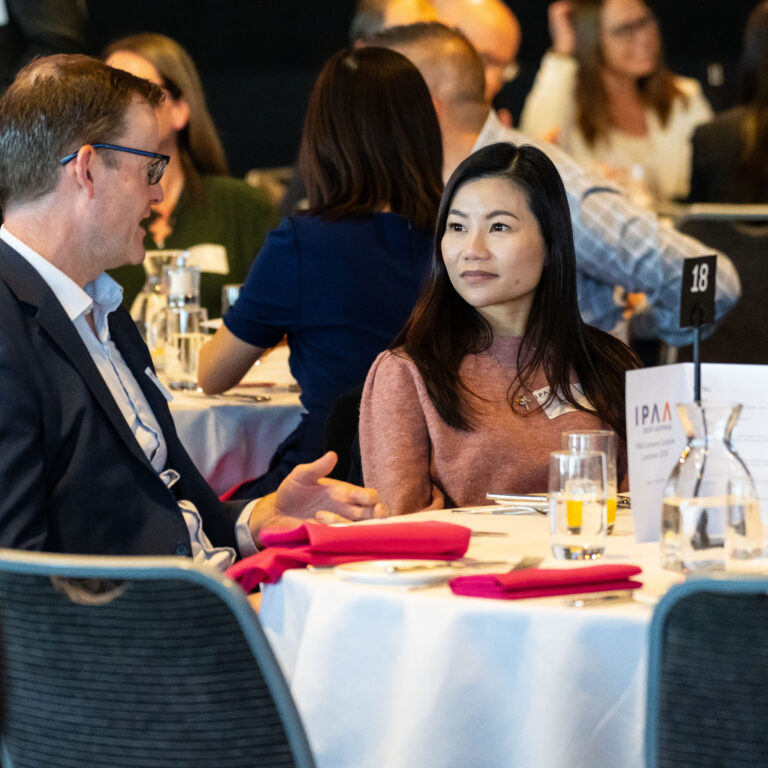
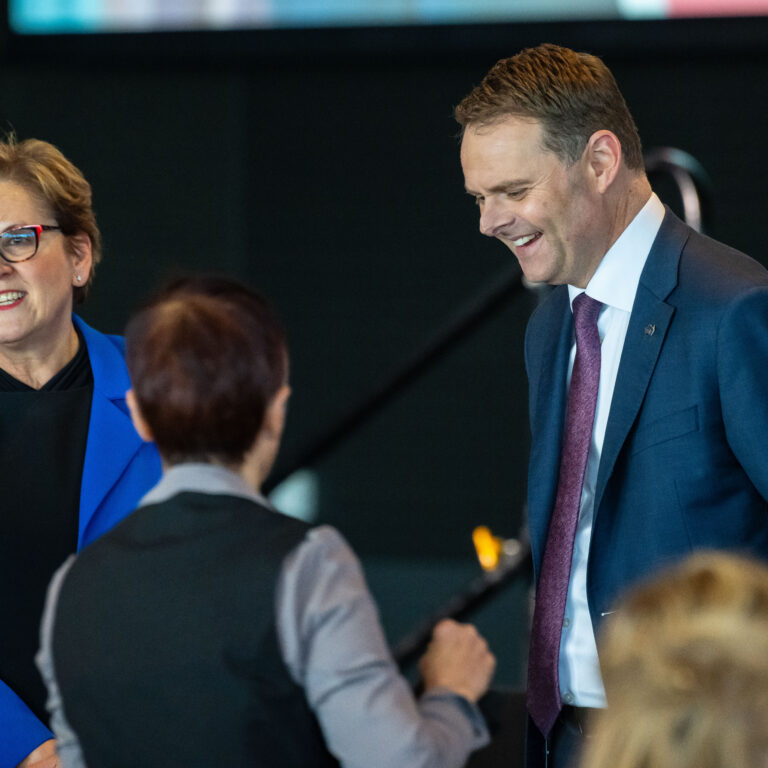
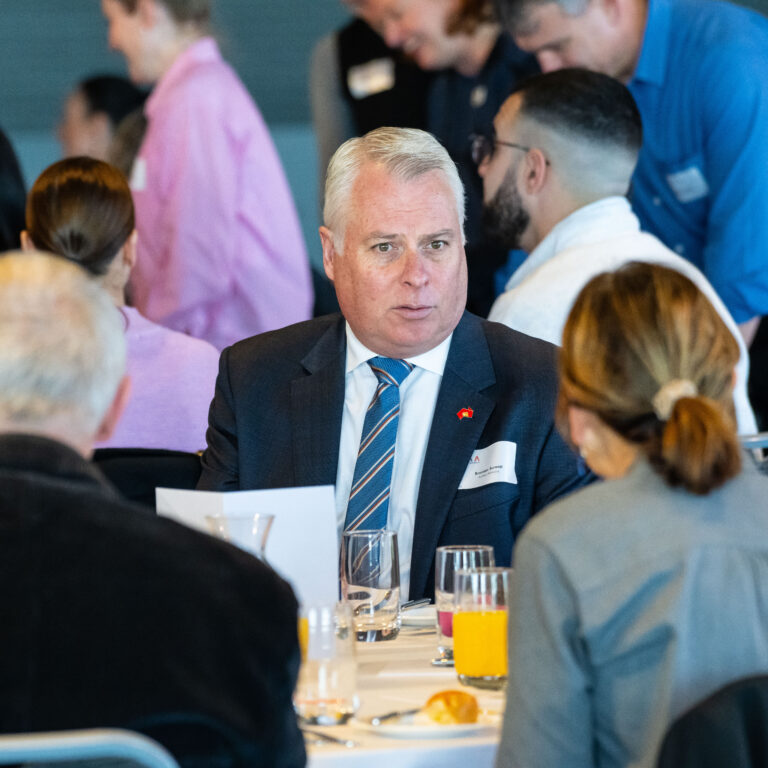
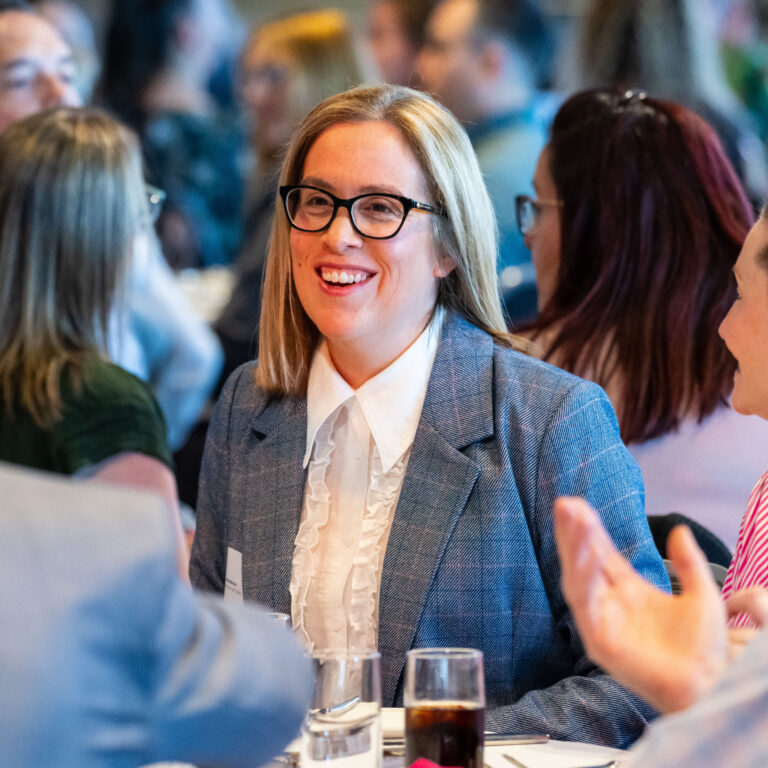
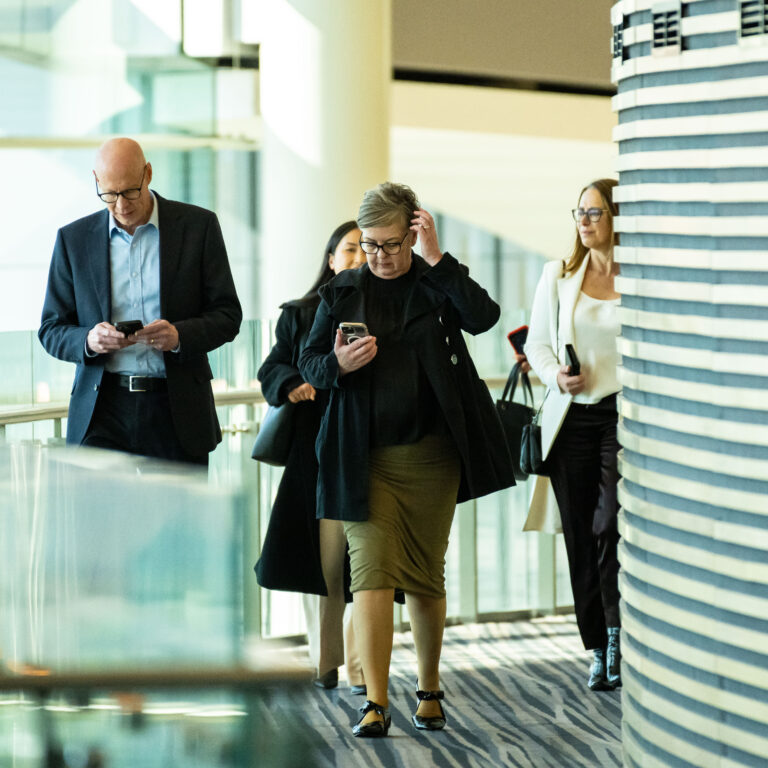
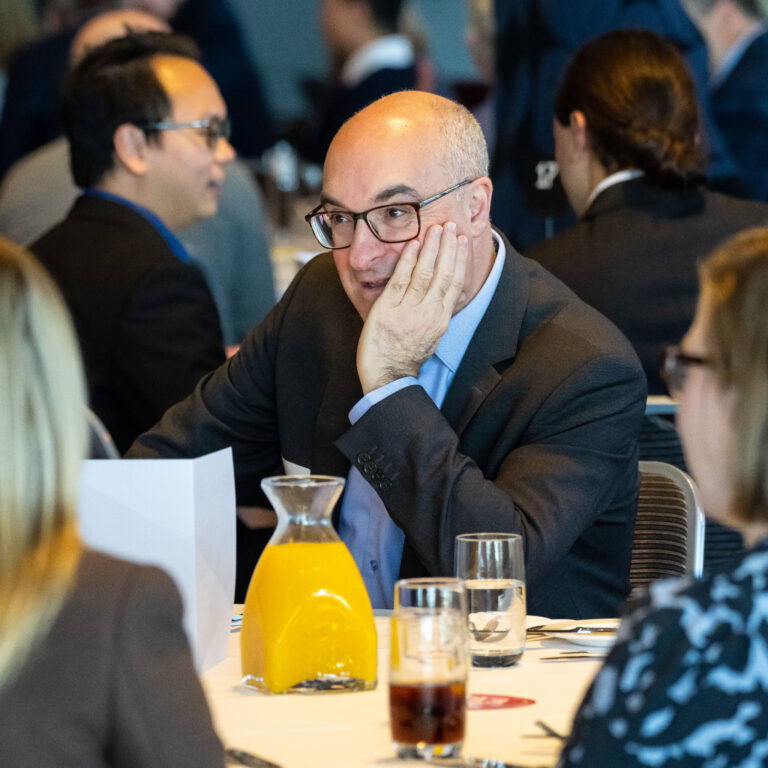
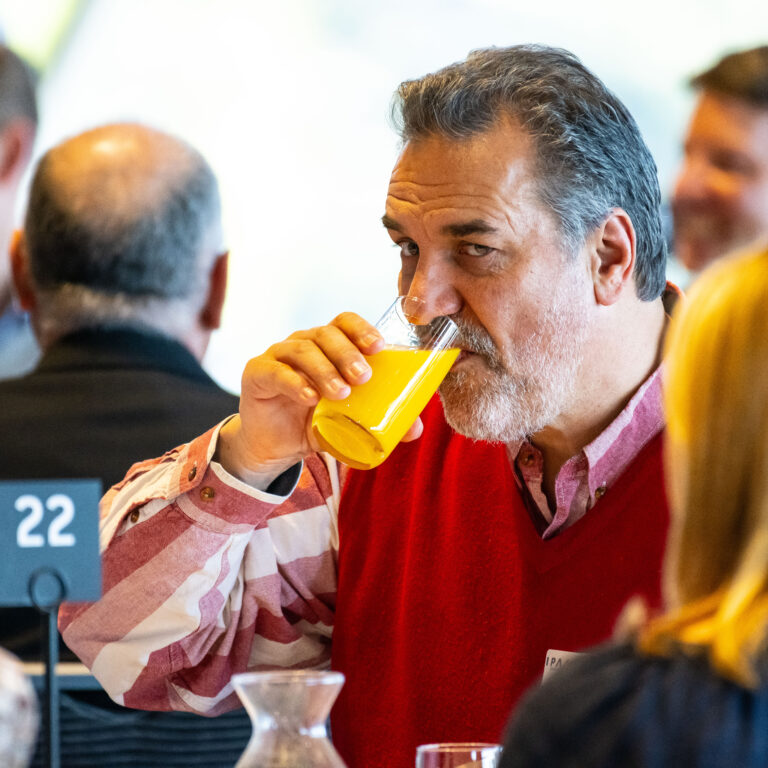
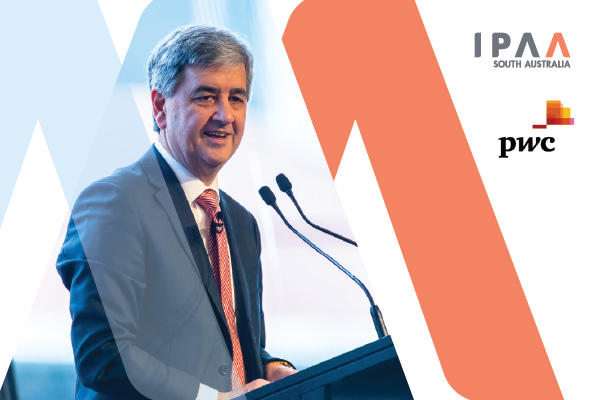

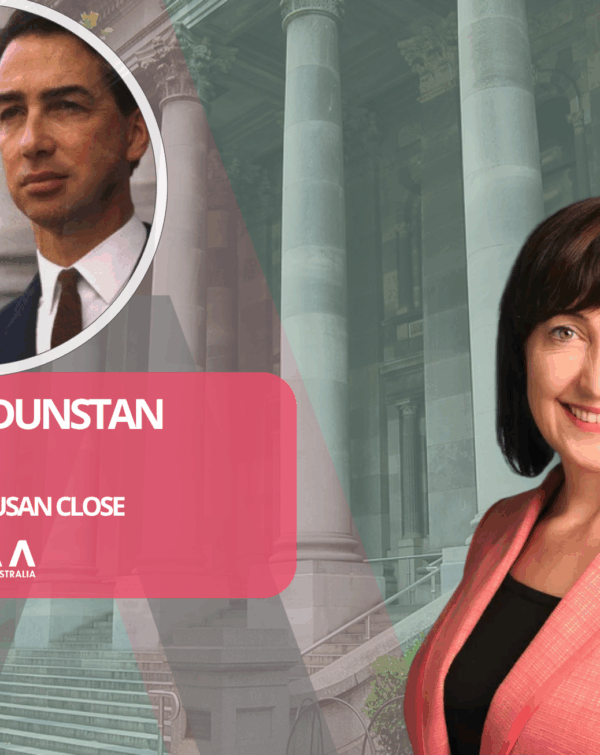
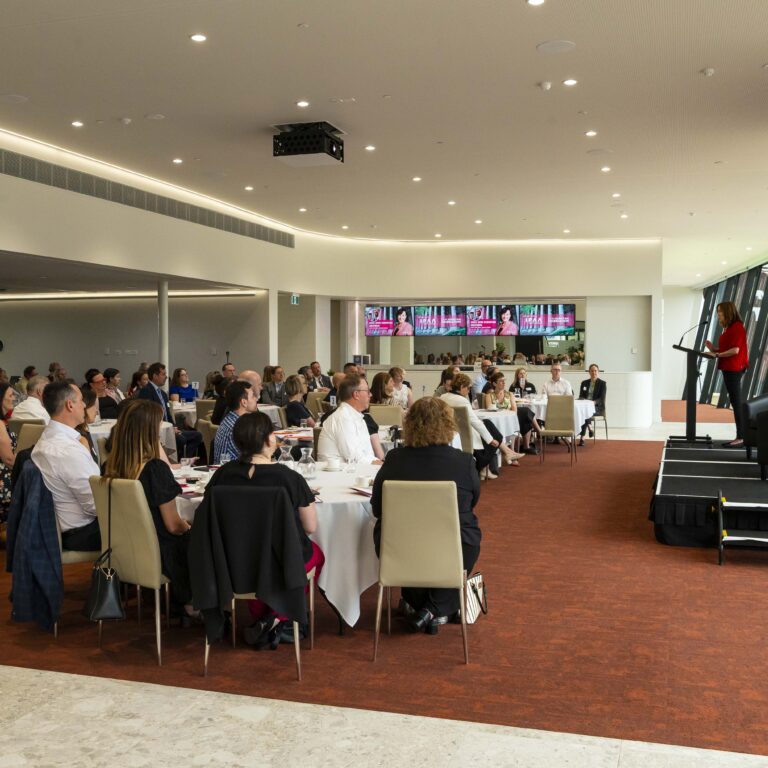
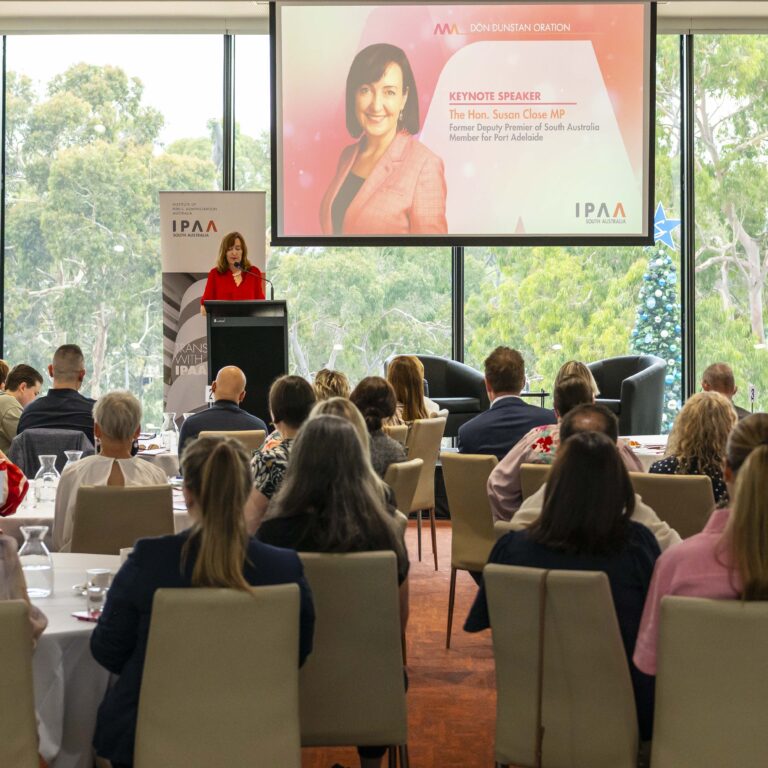
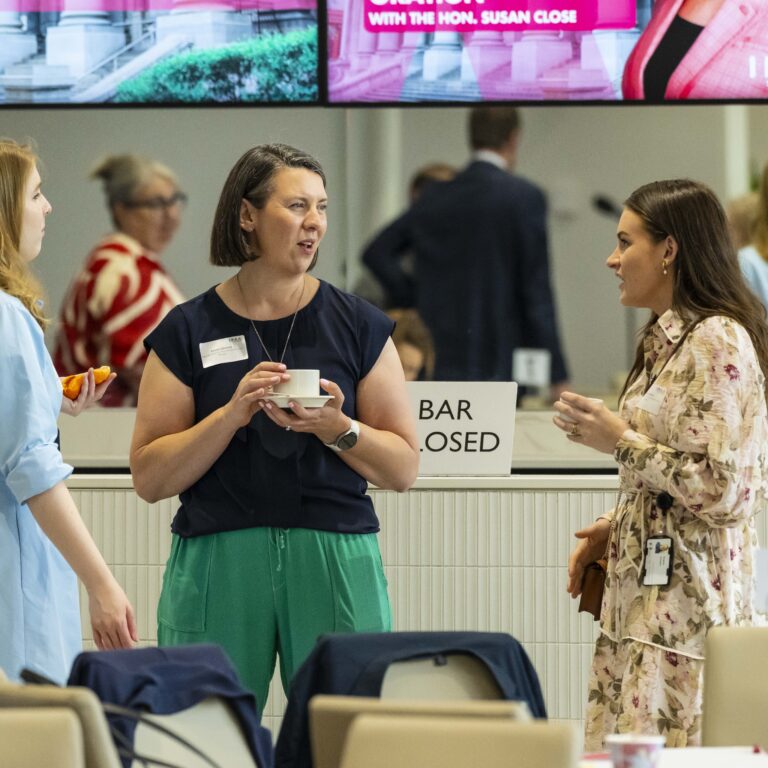
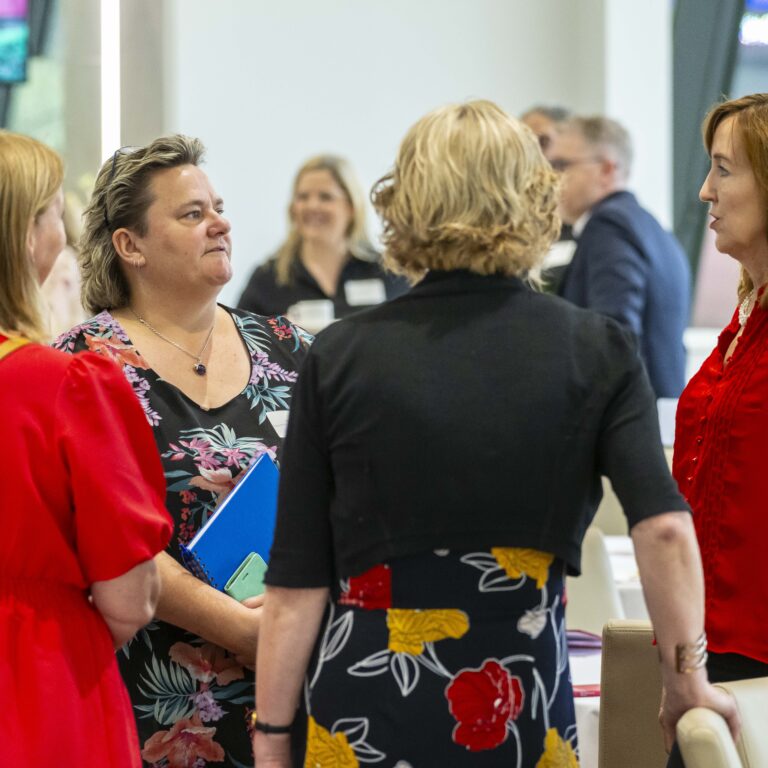
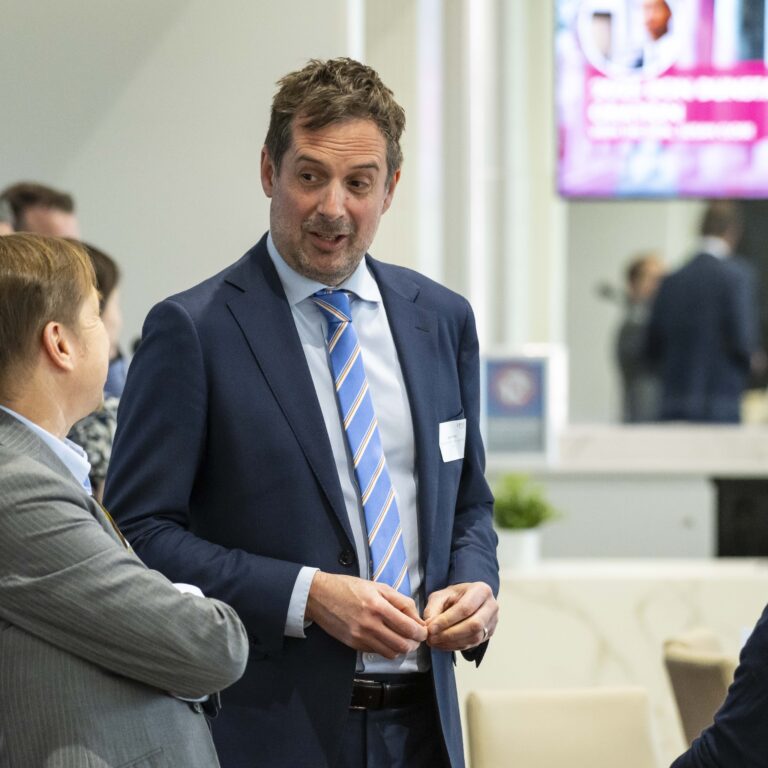
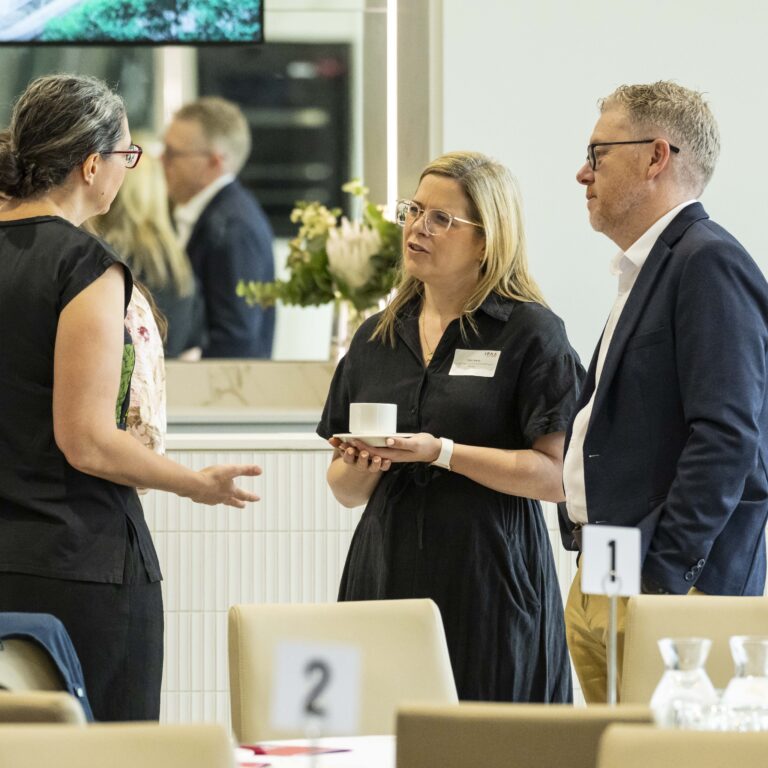
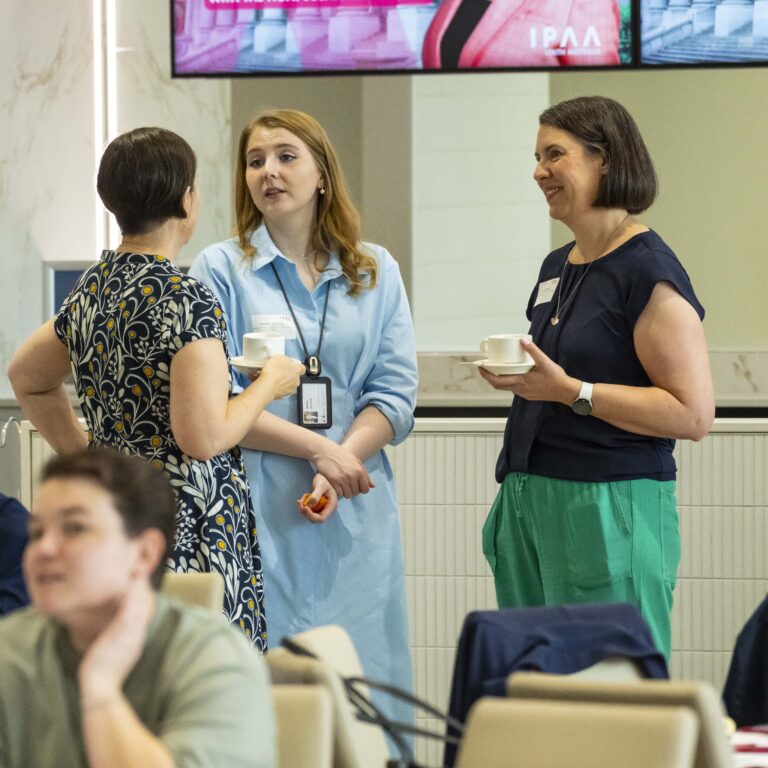
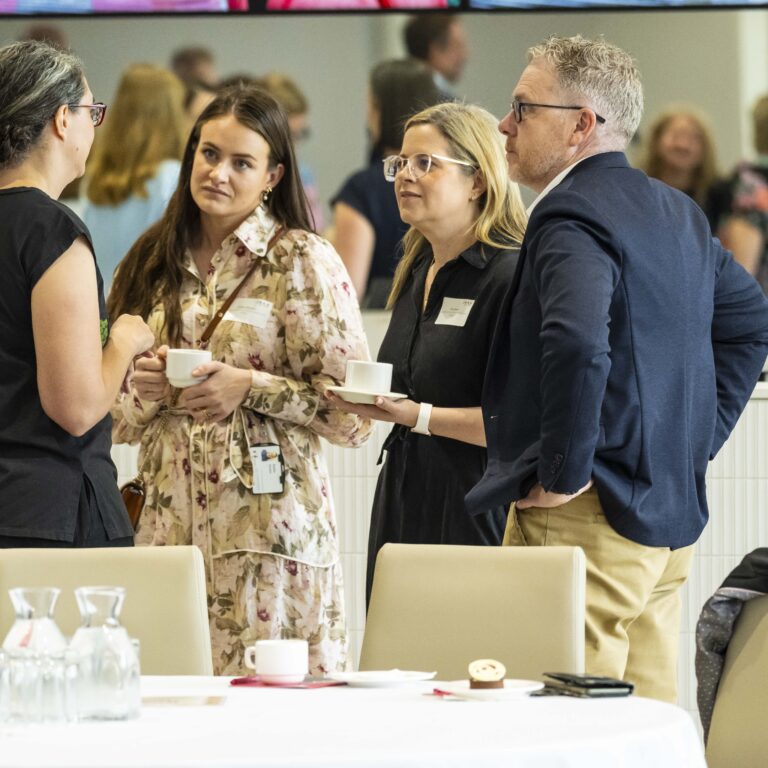
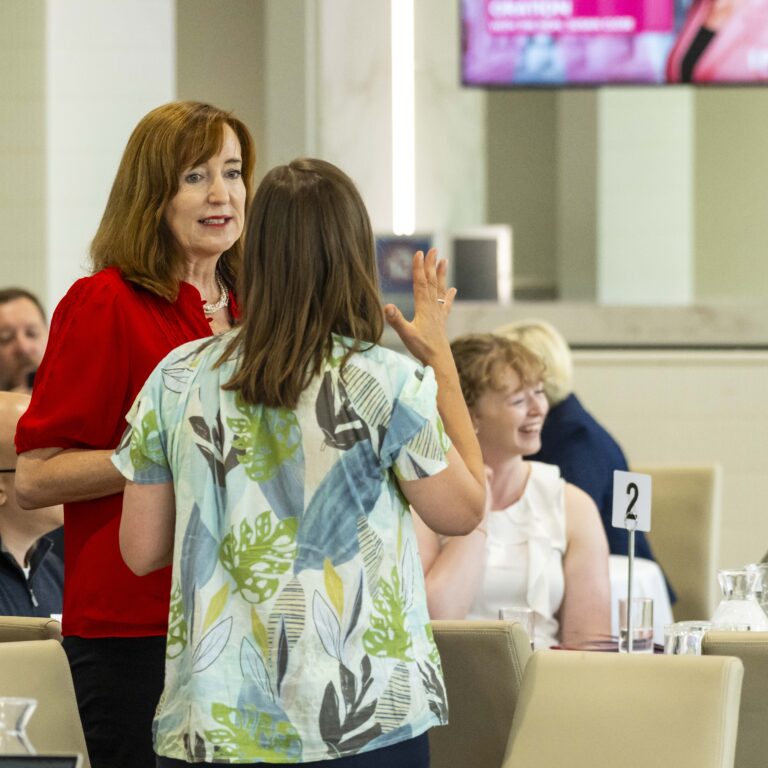

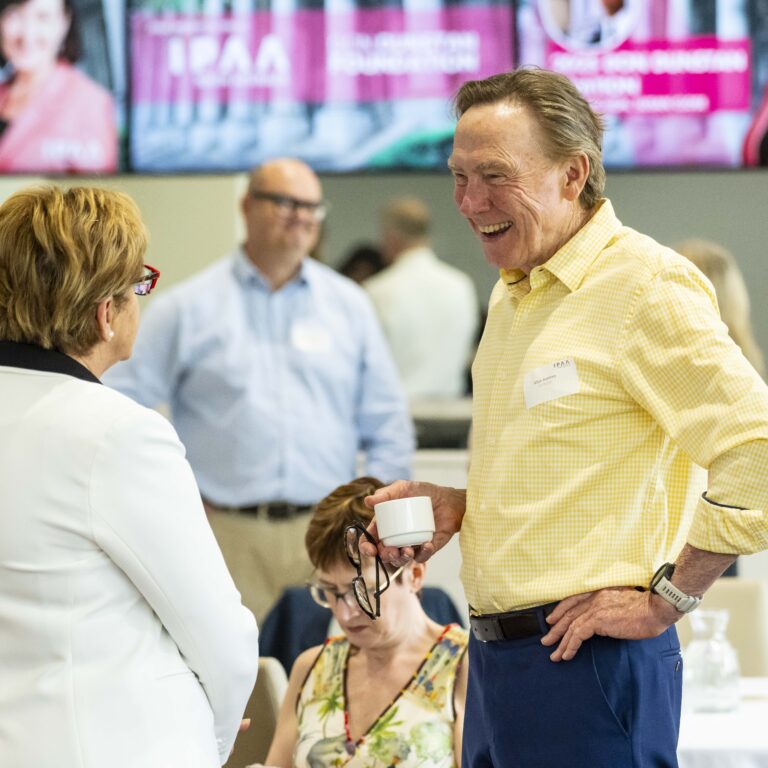
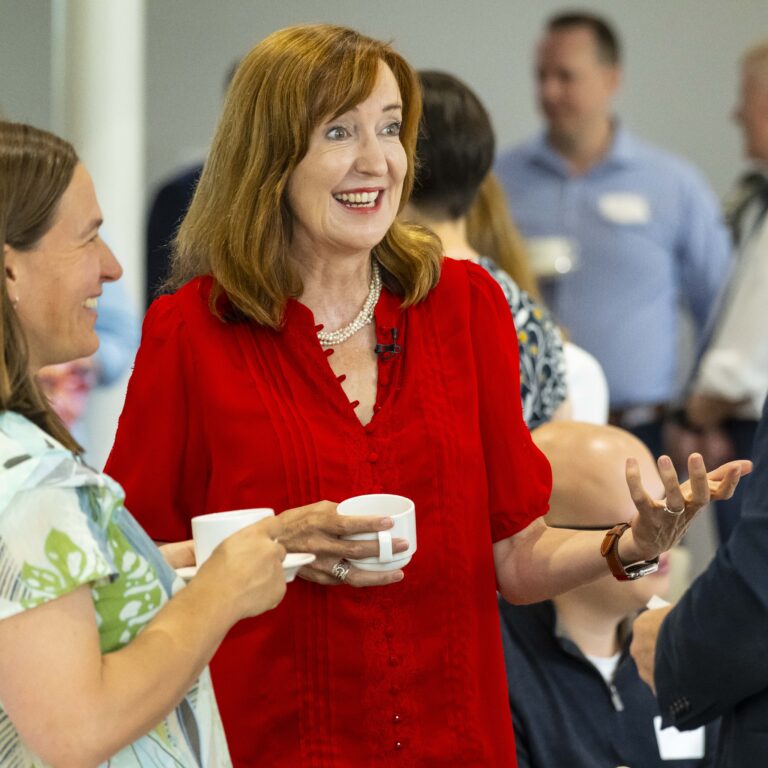
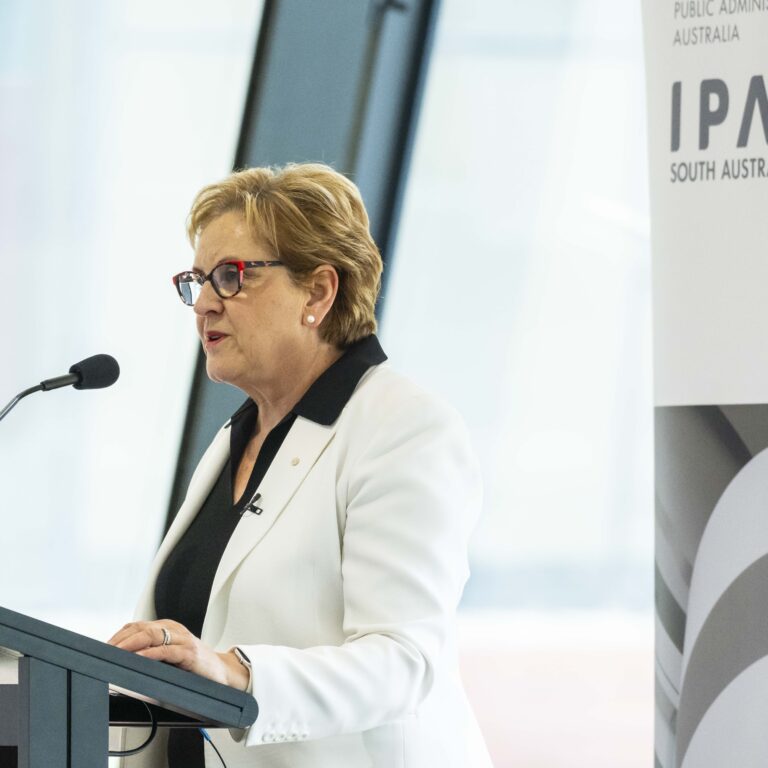
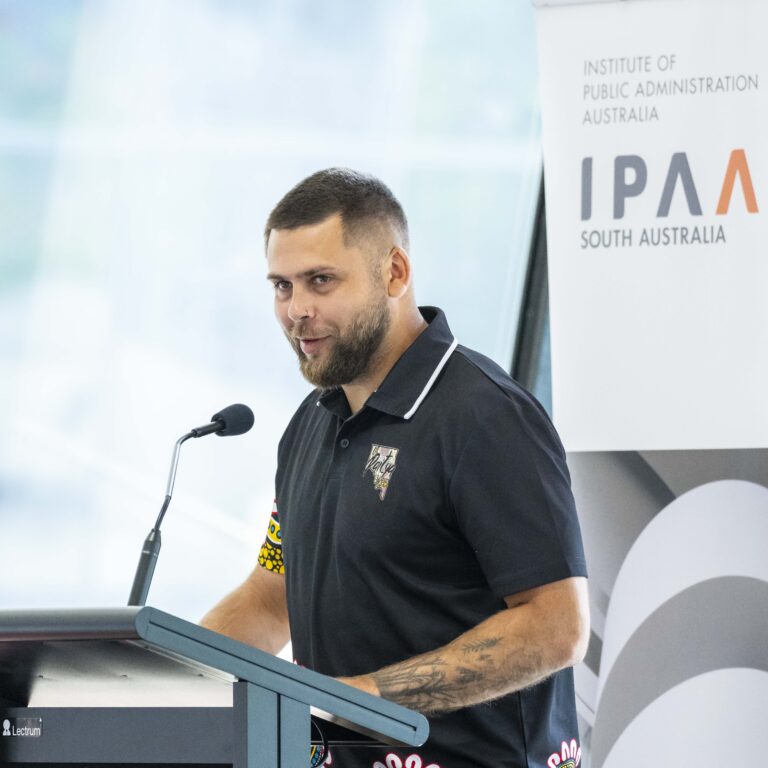
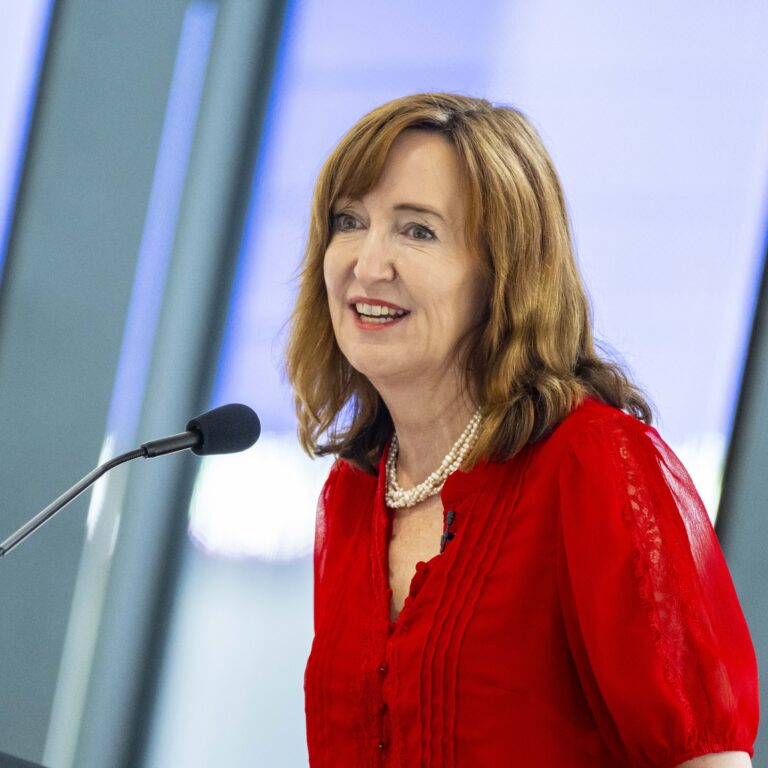
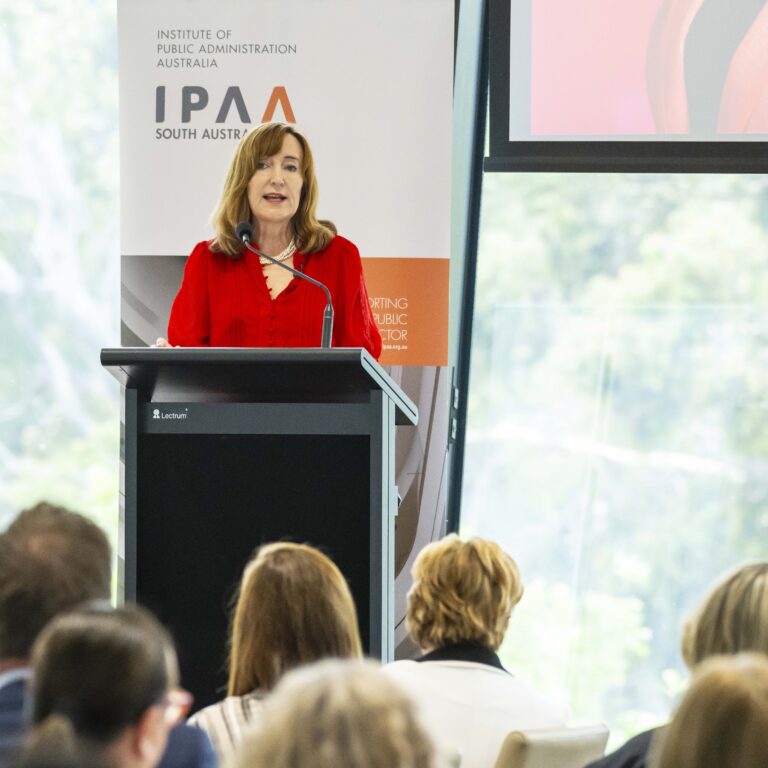
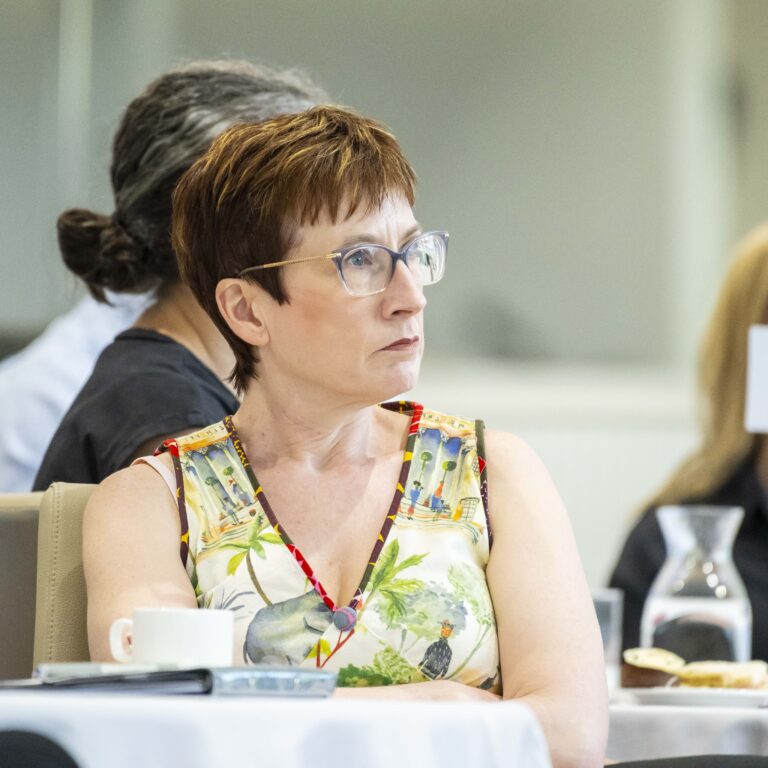
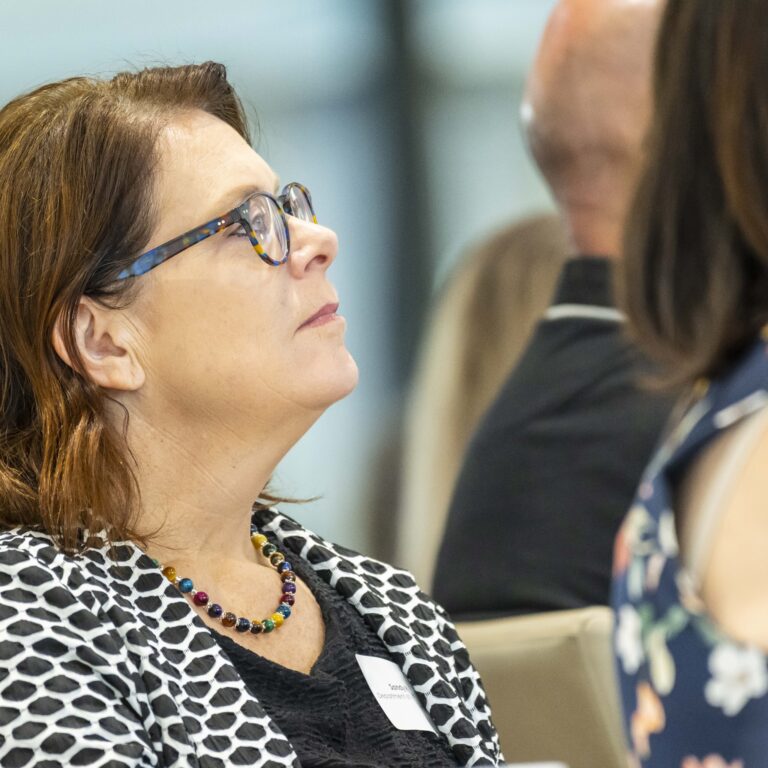
Thank you to everyone who took part in the latest IPAA SA survey, which asked respondents, ‘What are the Opportunities for 2021?’. Below we highlight some of the responses from this survey – sharing a sunny outlook for 2021.
How positive do you feel about 2021 as a year of change and opportunity?
On average, respondents felt quite positively about 2021, providing a 64% confidence rating that 2021 would bring about opportunities for change and growth.
Many respondents felt that this sense of confidence came from the public sector’s demonstrated capability to band together and overcome tough challenges and that 2020 was a prime example of the public sector working at its best.
Has COVID-19 affected your career priorities and goals for the future?
92% of respondents shared that their career priorities and goals have changed in the wake of COVID-19, with many taking the opportunity to think about positive changes to work-life balance. Many have found a renewed sense of purpose in the work they are doing within the sector and hope to see positive changes to work culture continue.
What do you think will be the key opportunities for the SA public Sector in 2021?
82% of respondents agreed that ‘exploring the “future of work” and how the workplace has rapidly changed’ will be a key opportunity for the sector to explore. It was proven that the sector can work rapidly and adaptively to make large-scale changes to seemingly long-ingrained practices almost overnight. Respondents are eager to not lose this heightened responsiveness as we enter the ‘new normal’.
Putting a renewed focus on mental health and support was also noted by 67% of respondents to be an opportunity for this year and beyond as we look to new ways to support mental health and wellbeing in the workplace.
What can IPAA SA do to support you in 2021?
Respondents are eager for IPAA SA to help them explore the “post-COVID world” and to examine what the future of public service will look like in 2021 and beyond. From us, at IPAA SA, we can say that “we hear you loud and clear”, we look forward to bringing you new opportunities to engage in events and resources that will support you in this area.
It was also shared by respondents that many would benefit from being able to access on-demand live training from IPAA SA. Hearing from respondents located regionally, we understand that this can often feel isolating, and we look forward to using new virtual capabilities to engage you in IPAA learning, no matter where you are located.
If you have any comments you would like to add or if you have ideas on how IPAA SA can support you, please contact us.
Thank you to everyone who took part in the latest IPAA SA survey, which asked respondents, ‘What are the Opportunities for 2021?’. Below we highlight some of the responses from this survey – sharing a sunny outlook for 2021.
How positive do you feel about 2021 as a year of change and opportunity?
On average, respondents felt quite positively about 2021, providing a 64% confidence rating that 2021 would bring about opportunities for change and growth.
Many respondents felt that this sense of confidence came from the public sector’s demonstrated capability to band together and overcome tough challenges and that 2020 was a prime example of the public sector working at its best.
Has COVID-19 affected your career priorities and goals for the future?
92% of respondents shared that their career priorities and goals have changed in the wake of COVID-19, with many taking the opportunity to think about positive changes to work-life balance. Many have found a renewed sense of purpose in the work they are doing within the sector and hope to see positive changes to work culture continue.
What do you think will be the key opportunities for the SA public Sector in 2021?
82% of respondents agreed that ‘exploring the “future of work” and how the workplace has rapidly changed’ will be a key opportunity for the sector to explore. It was proven that the sector can work rapidly and adaptively to make large-scale changes to seemingly long-ingrained practices almost overnight. Respondents are eager to not lose this heightened responsiveness as we enter the ‘new normal’.
Putting a renewed focus on mental health and support was also noted by 67% of respondents to be an opportunity for this year and beyond as we look to new ways to support mental health and wellbeing in the workplace.
What can IPAA SA do to support you in 2021?
Respondents are eager for IPAA SA to help them explore the “post-COVID world” and to examine what the future of public service will look like in 2021 and beyond. From us, at IPAA SA, we can say that “we hear you loud and clear”, we look forward to bringing you new opportunities to engage in events and resources that will support you in this area.
It was also shared by respondents that many would benefit from being able to access on-demand live training from IPAA SA. Hearing from respondents located regionally, we understand that this can often feel isolating, and we look forward to using new virtual capabilities to engage you in IPAA learning, no matter where you are located.
If you have any comments you would like to add or if you have ideas on how IPAA SA can support you, please contact us.



The outstanding service and contribution of Erma Ranieri has been recognised in the Australia Day 2021 Honours list with a Public Service Medal.
As Commissioner for Public Sector Employment at the Office of the Commissioner for Public Sector Employment with the South Australian Government Erma has consistently demonstrated an unwavering commitment to shaping the future of South Australia’s public sector by driving sector-wide reform.
Erma is a strong advocate for diversity and gender equality in leadership in the public sector, and she challenges barriers to drive innovative, collaborative and connected services for the South Australian community.
The citation accompanying her Meritorious Service Award reads “for outstanding public service to people management, and to public sector reform, in South Australia”.
IPAA South Australia Vice President and Chief Executive of the Department of Treasury and Finance David Reynolds said:
“Erma embodies the public service values through her commitment to the people who work within it. This award is well deserved recognition for her leadership and drive for reform.”
Erma Ranieri is the IPAA South Australia President, a long-serving member of IPAA’s National Council, and a National Fellow.
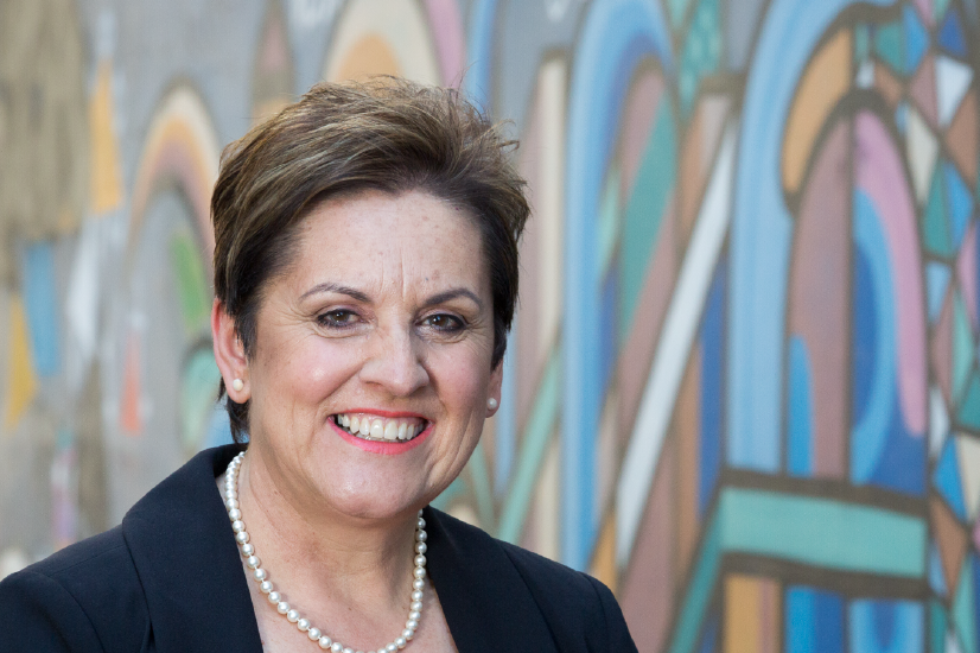
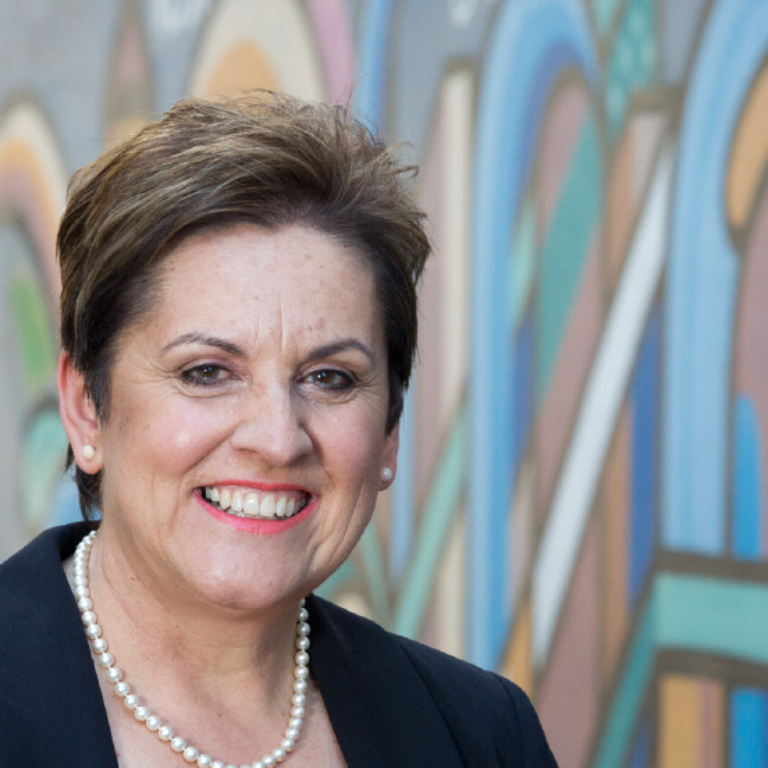
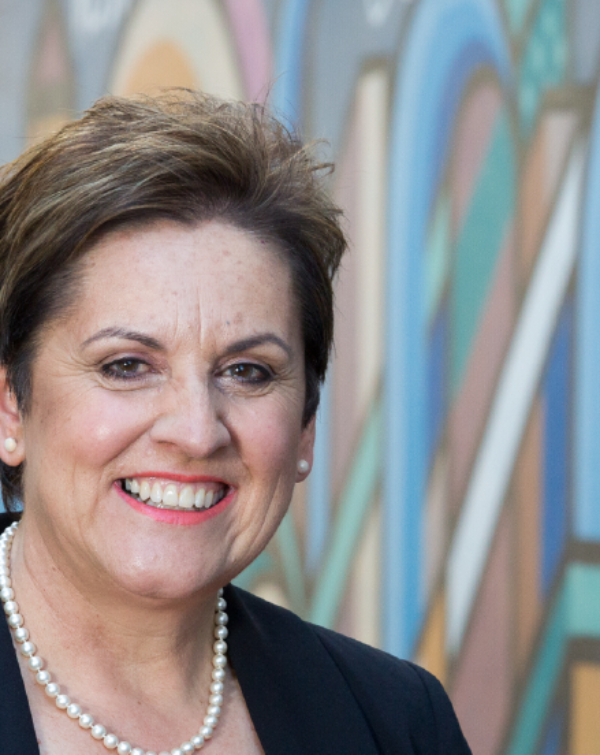
Throughout 2020 IPAA SA and the Office of the Commissioner for Public Sector Employment presented the COVID-19 Mental Wellbeing – Interview Series.
This series featured Forensic Psychologist, Luke Broomhall and also SA Chief Psychiatrist, John Brayley as they explored some of the mental health impacts of the pandemic as well as sharing on advice on seeking support.
This live webinar was delivered by Scott Way, Director, BDO who reached out to us to provide some essential practical strategies, tools and knowledge that you can use in managing your teams transition into the ‘new normal’.
During this time of turbulence, Scott has noted the need to develop strategies for wellness and long-term wellbeing to support your team and peers. During this webinar he will share with you, essential knowledge for managers and leaders in a bite-size format that you can immediately apply to your role.
We strongly believe that all public sector managers should have access to knowledge and the tools to enhance the capabilities of the sector. We encourage you to share this webinar with your peers and colleagues.
If you would like to expand on the topics covered in this webinar you can explore the ‘Emerging Executive Development Series’ which is also presented by Scott Way.